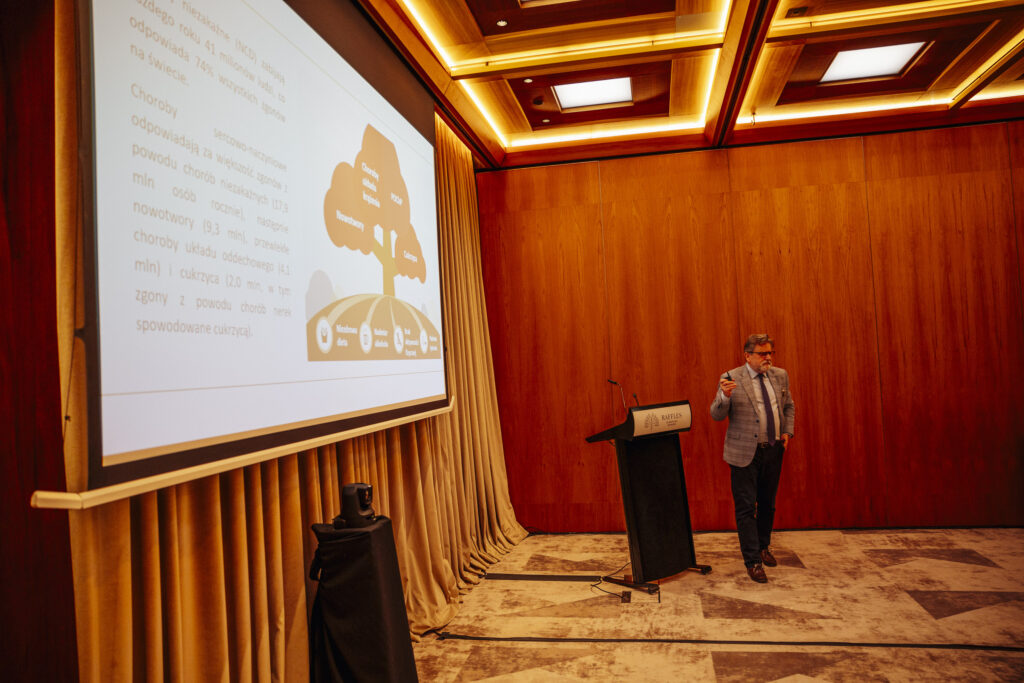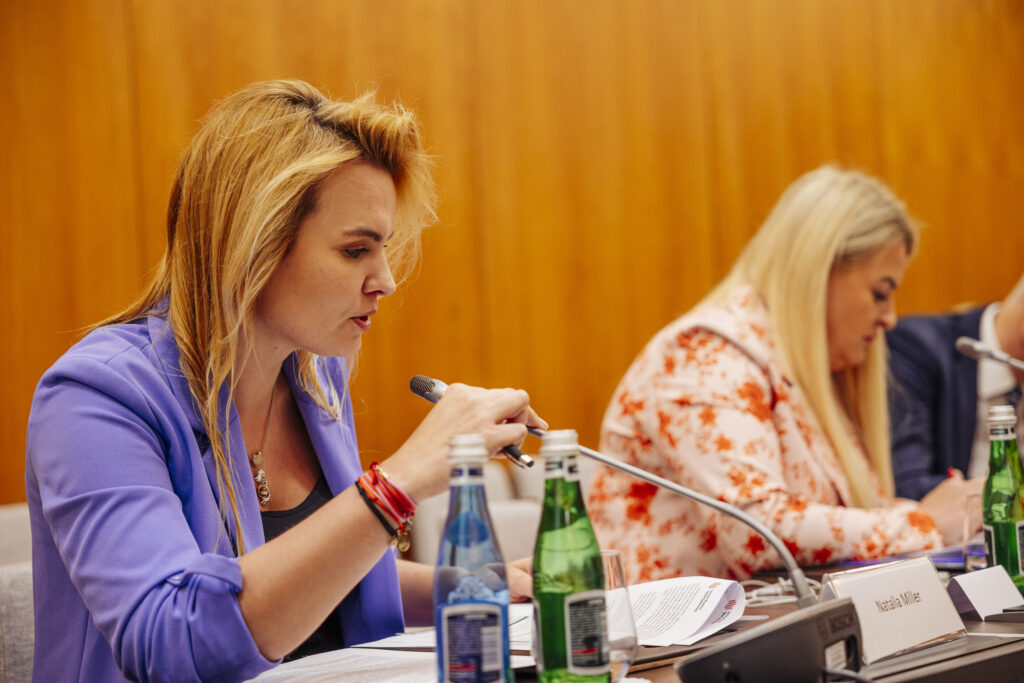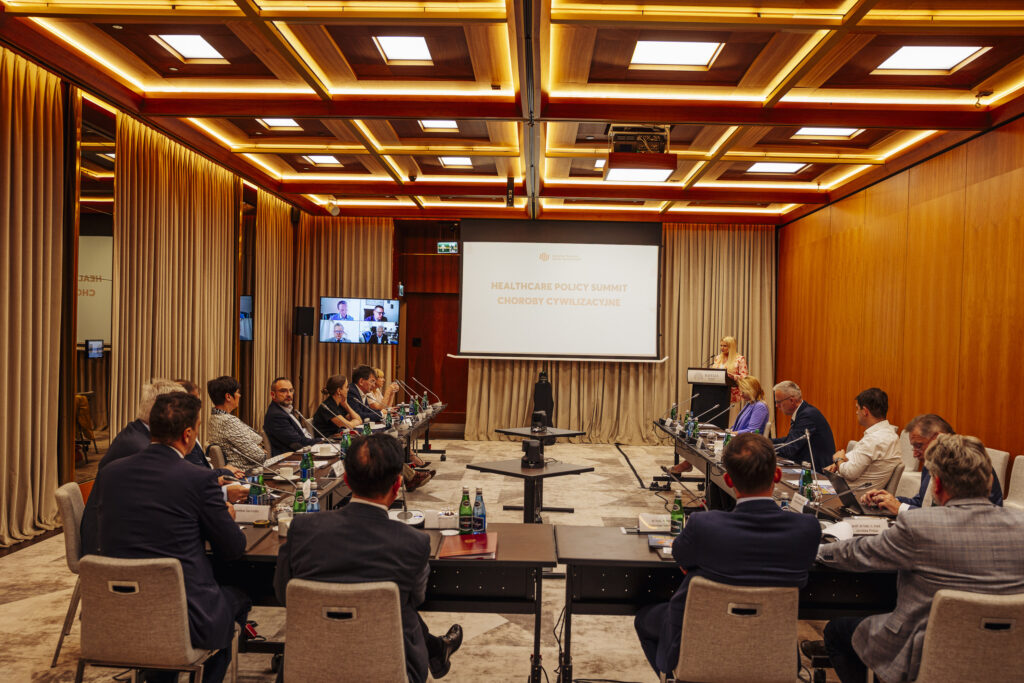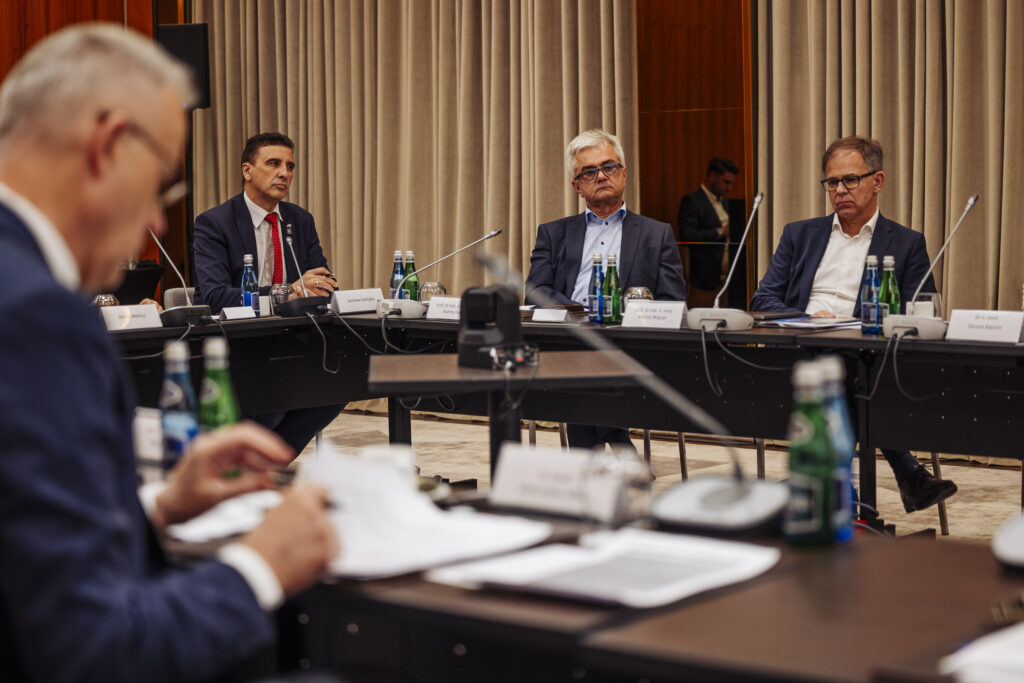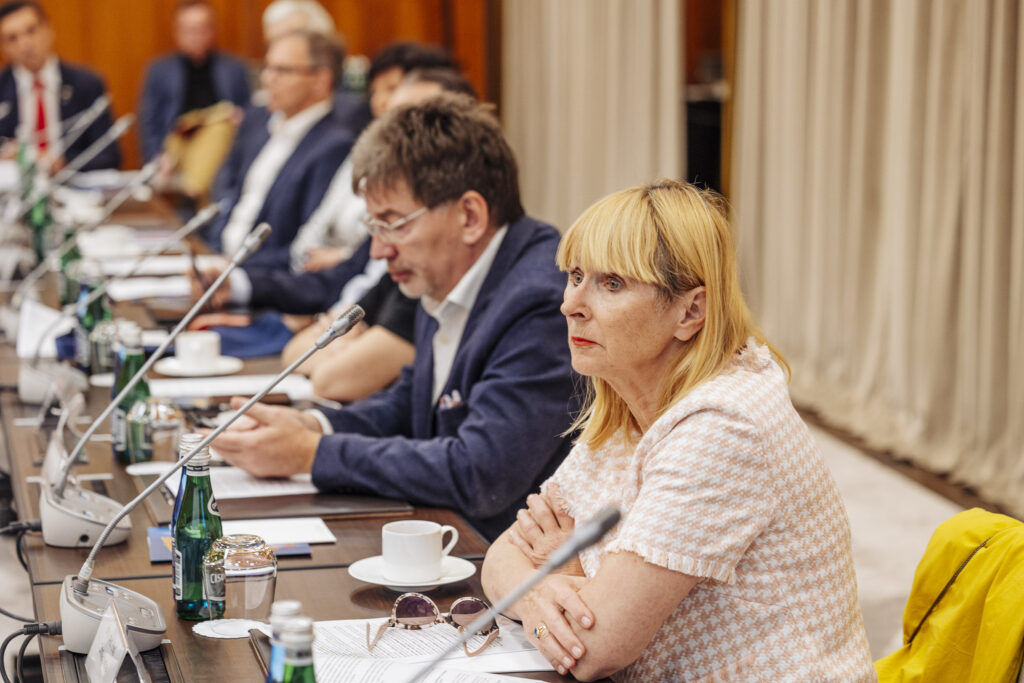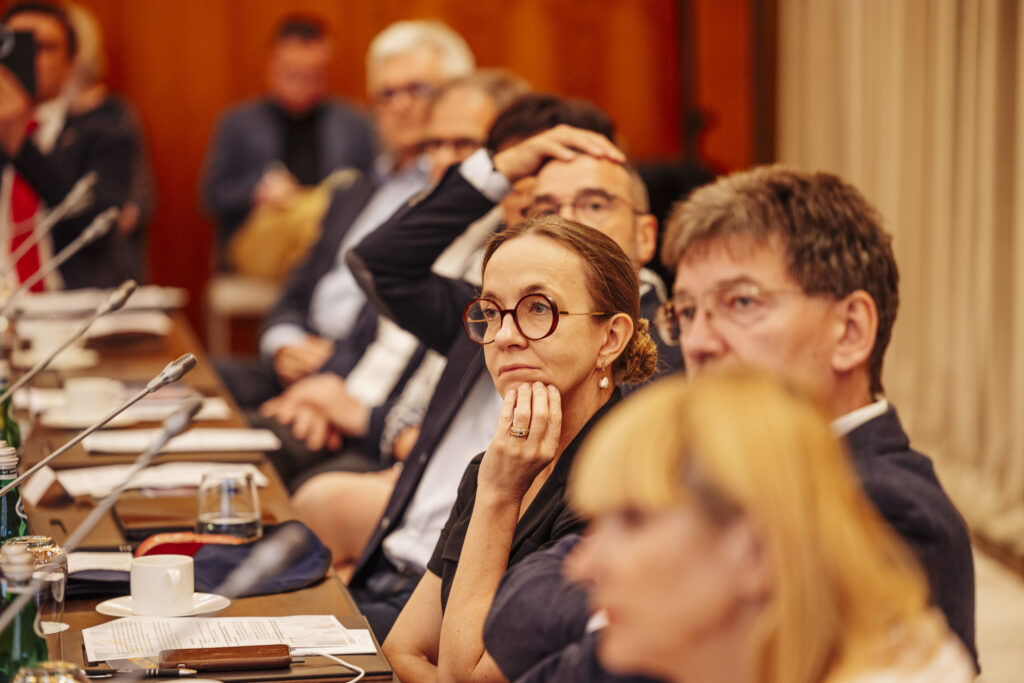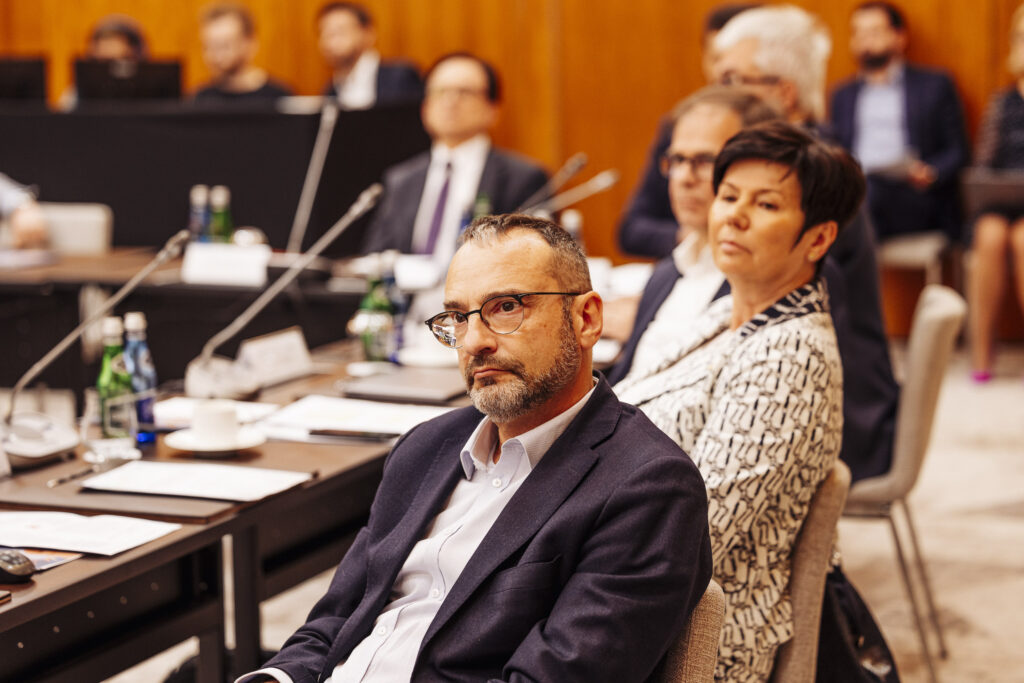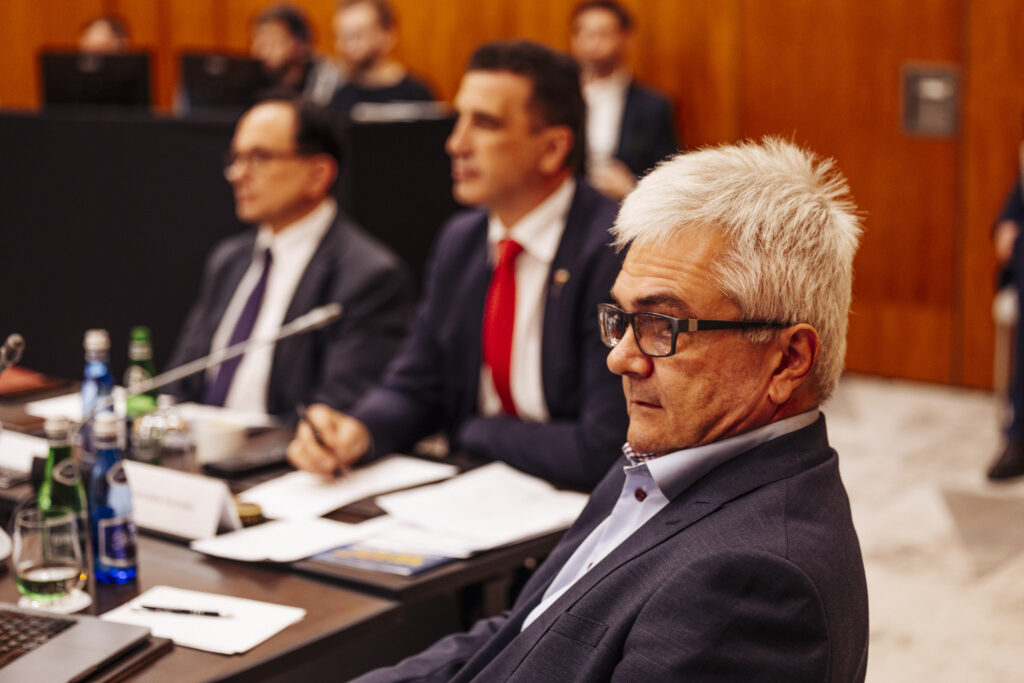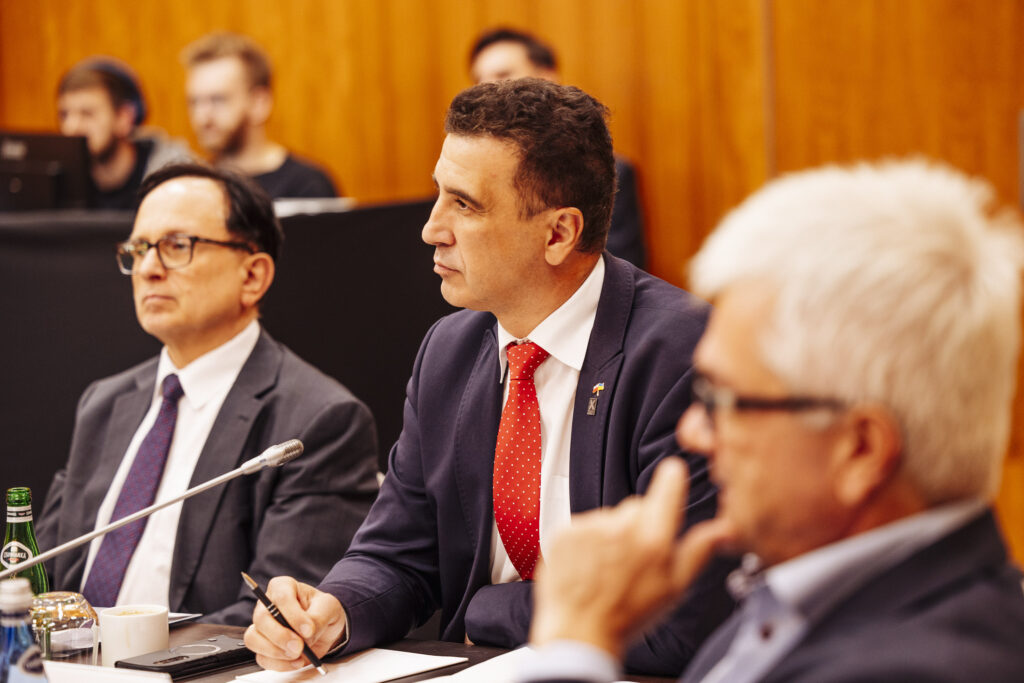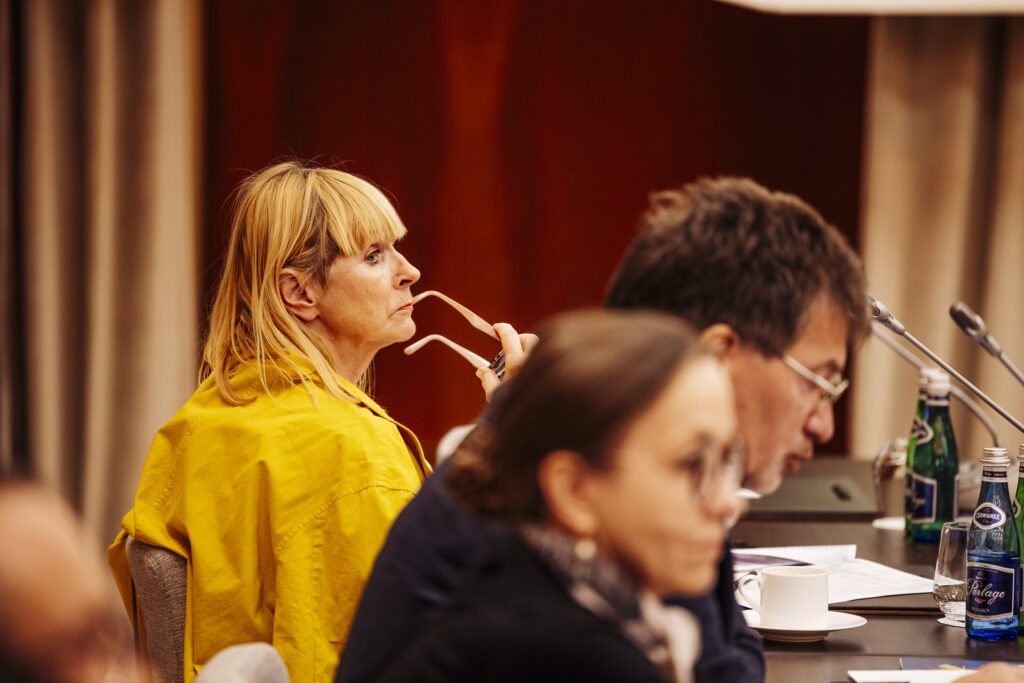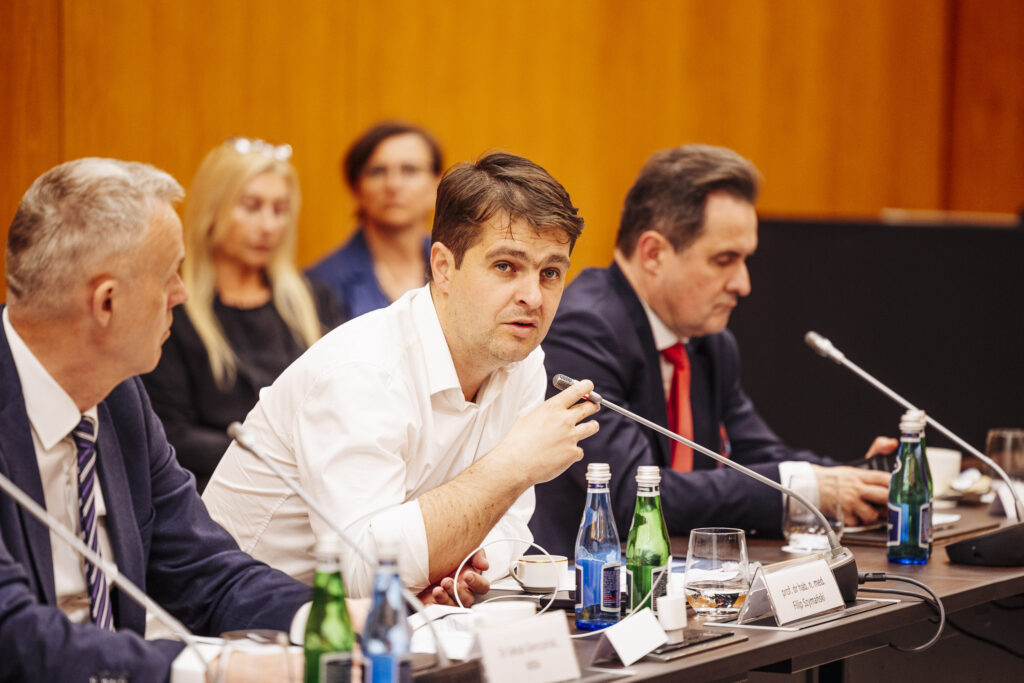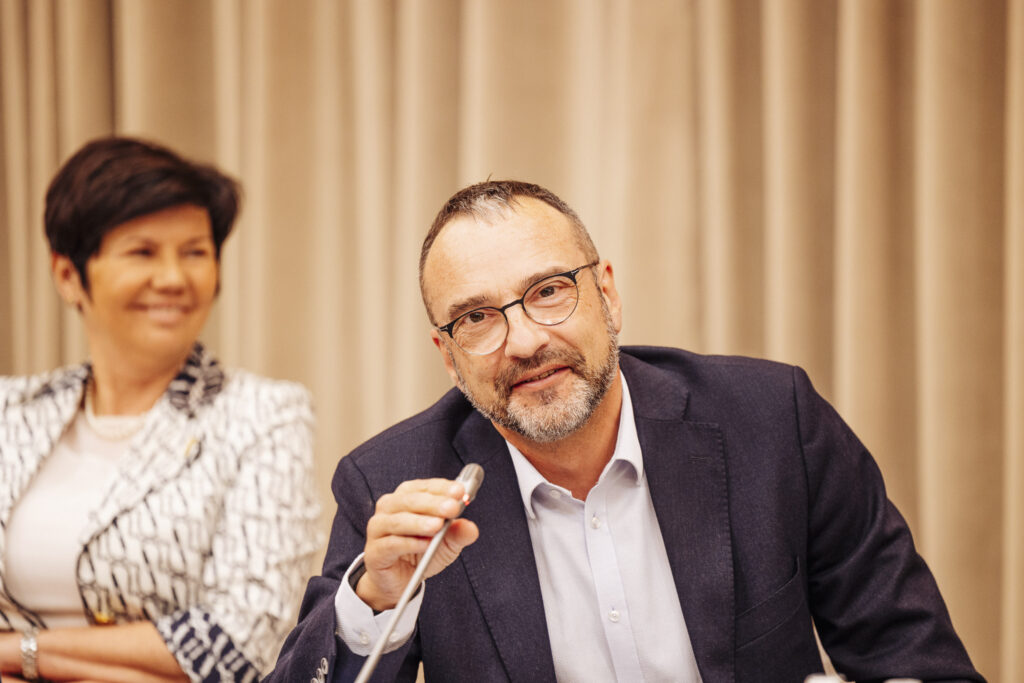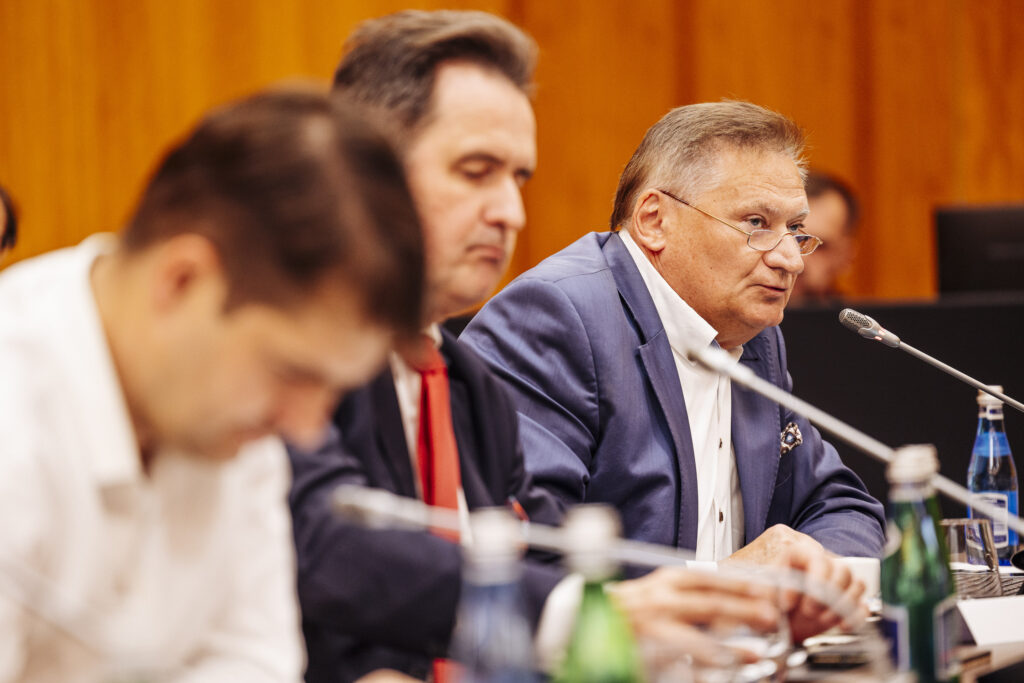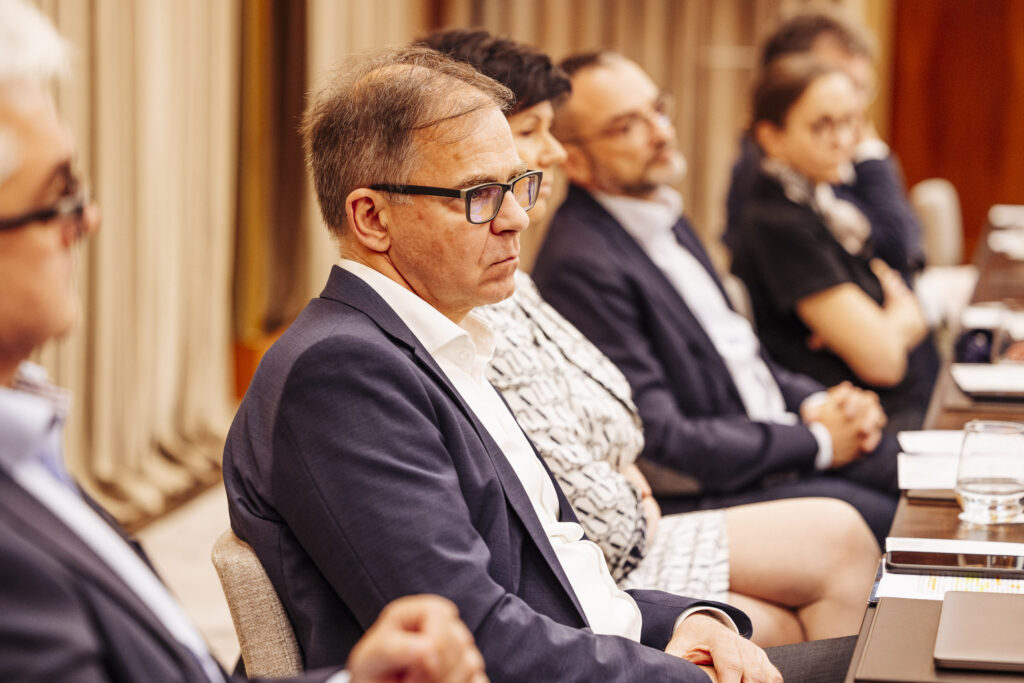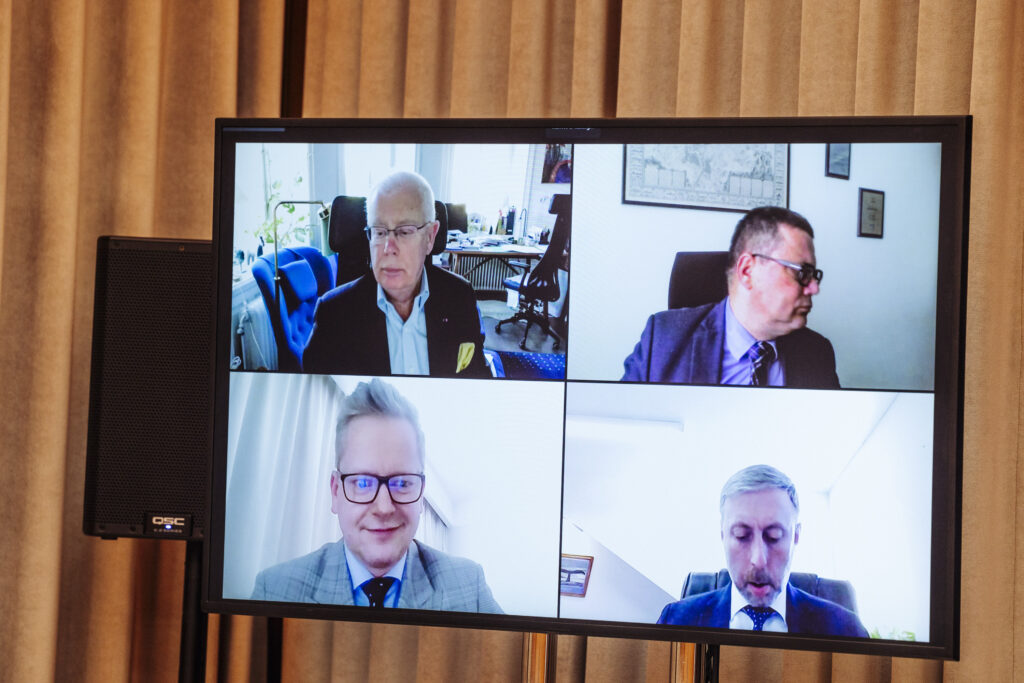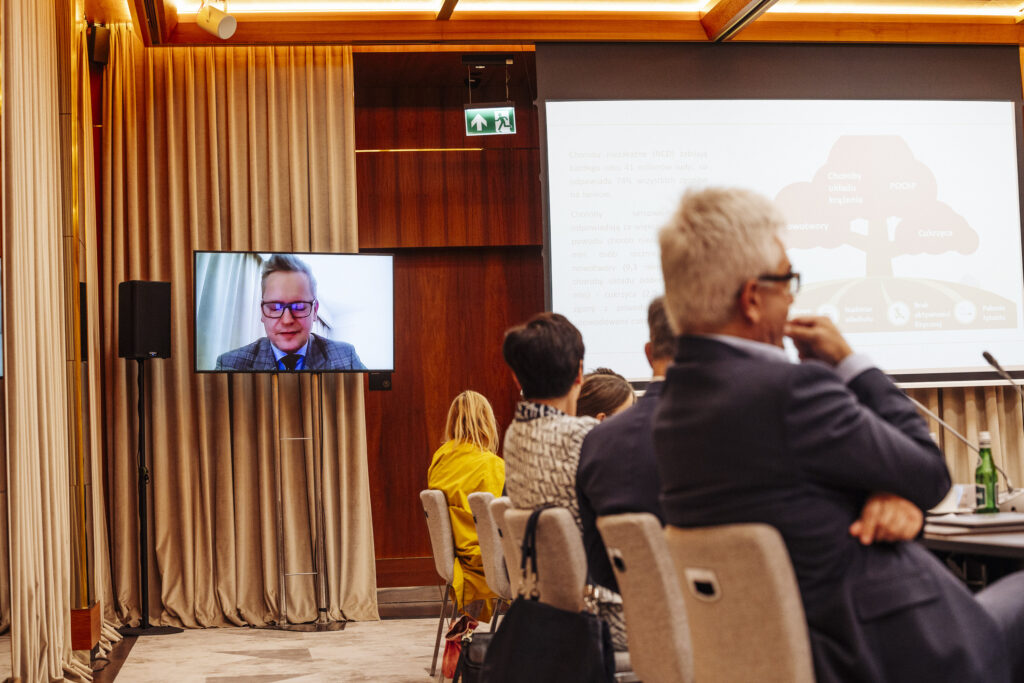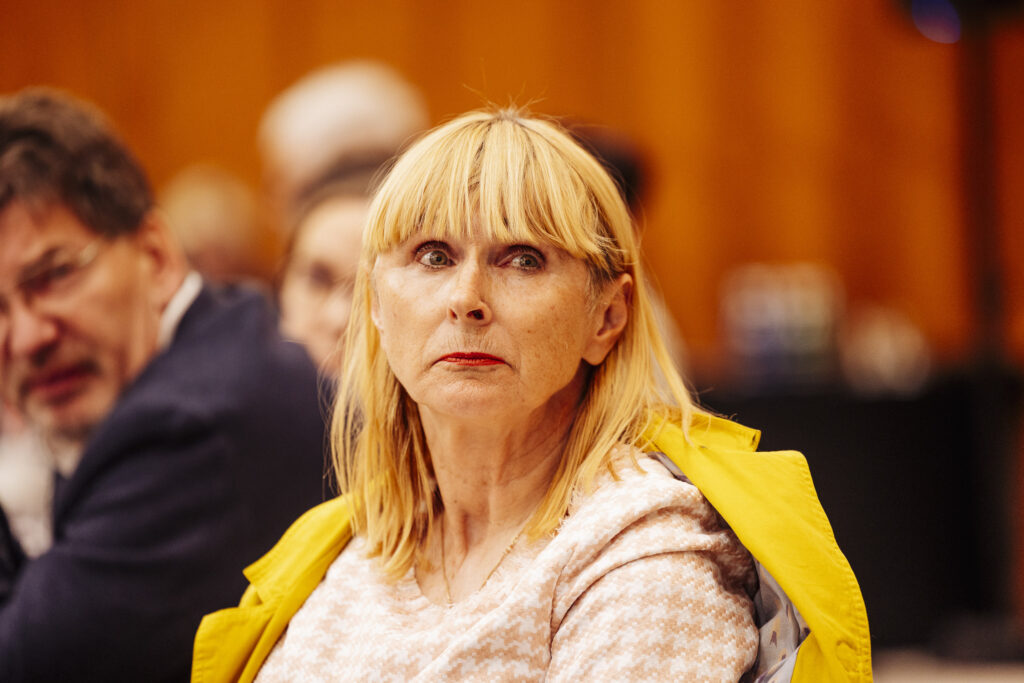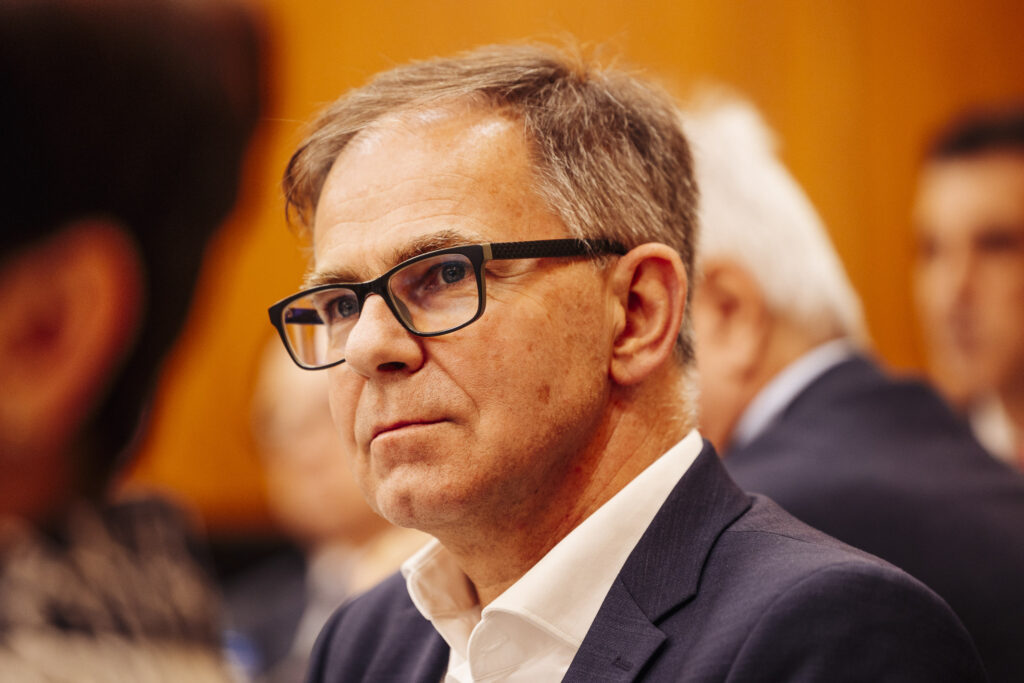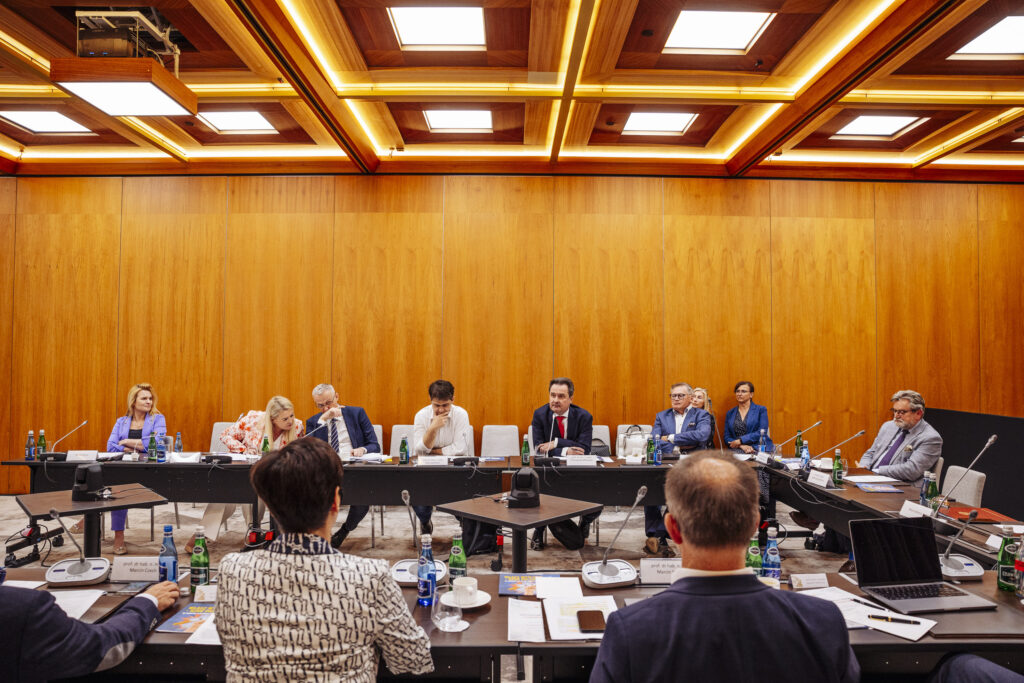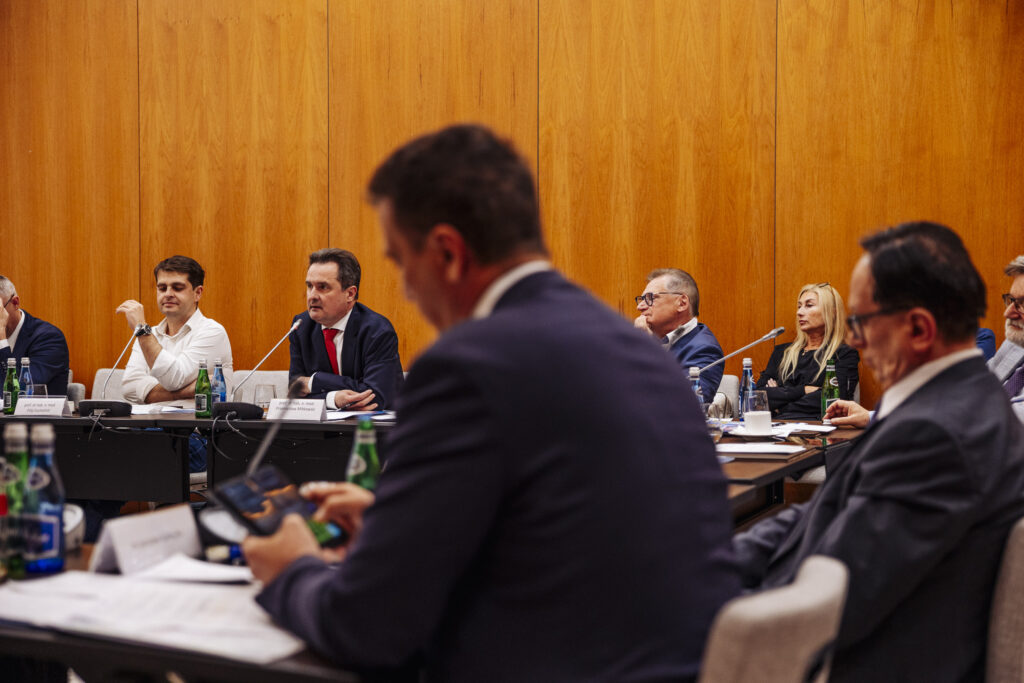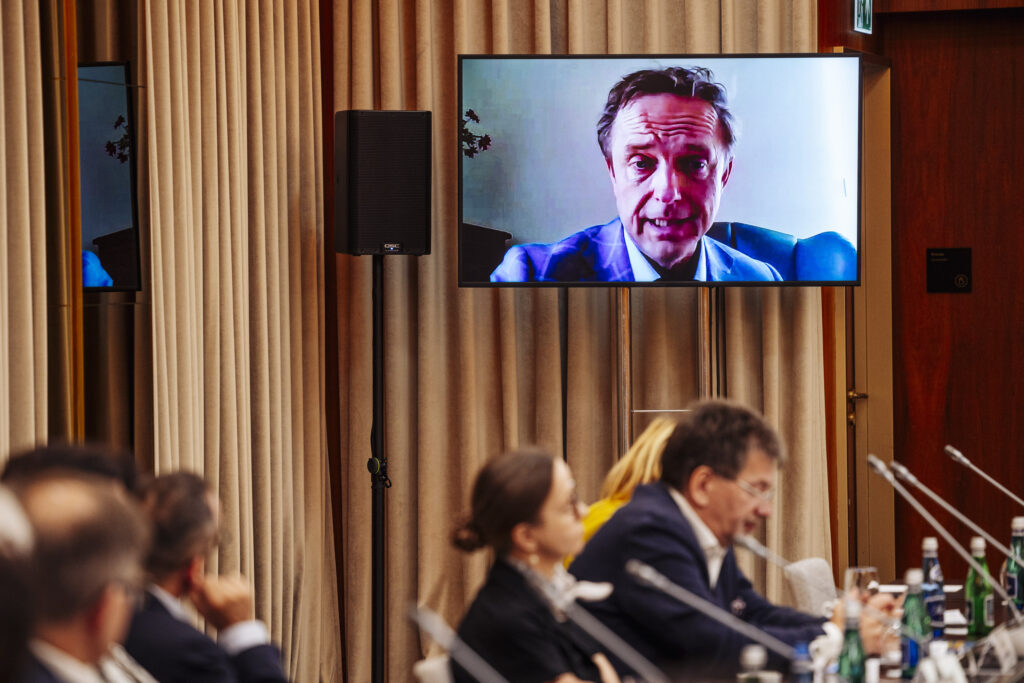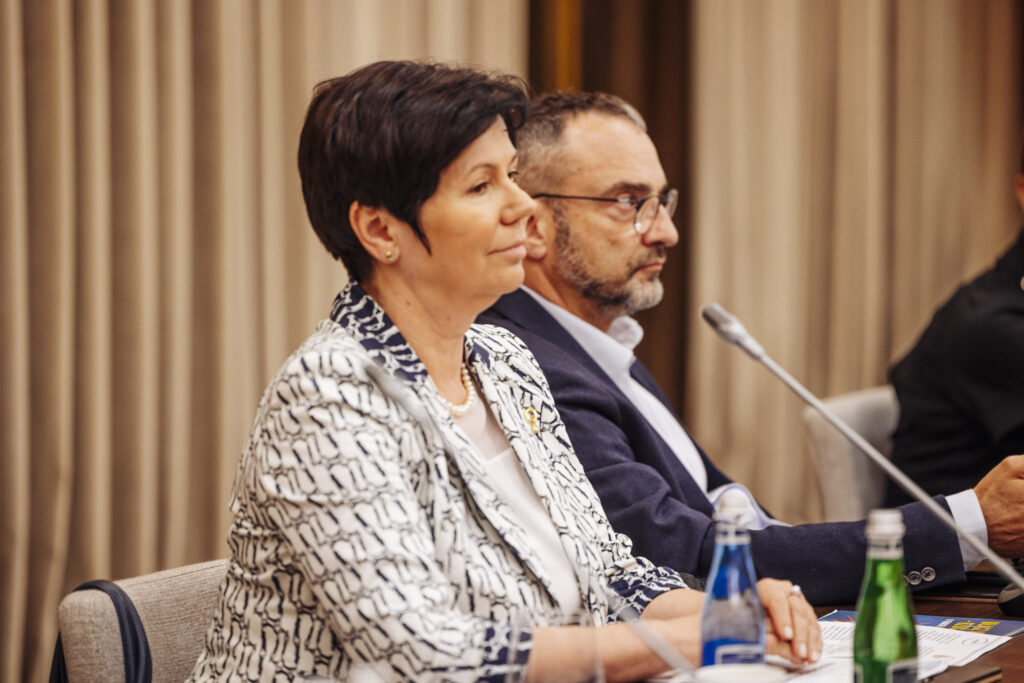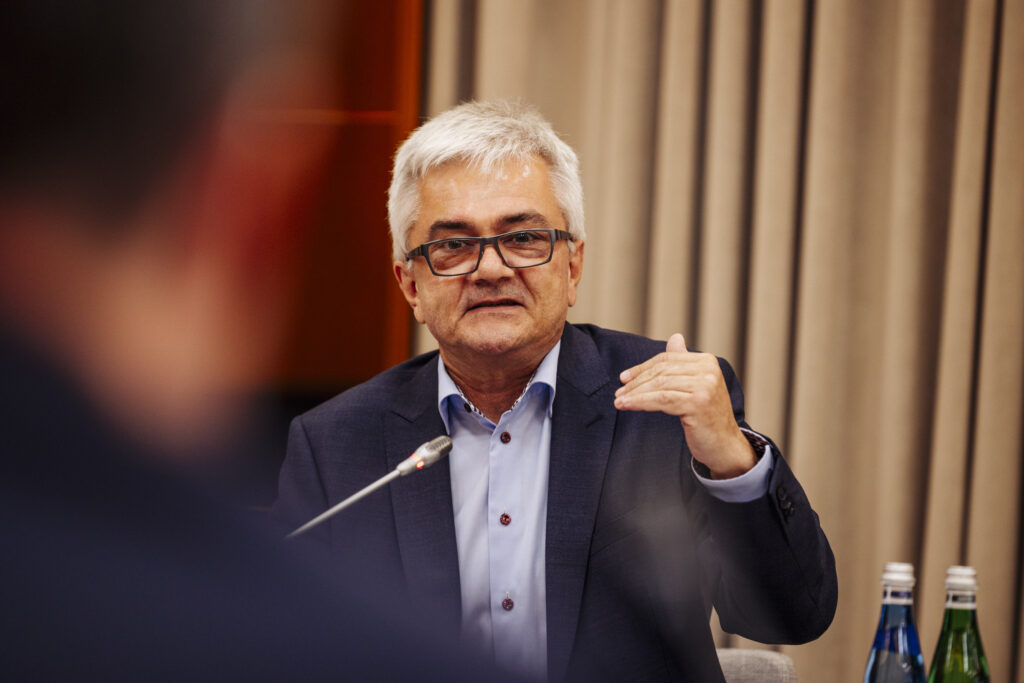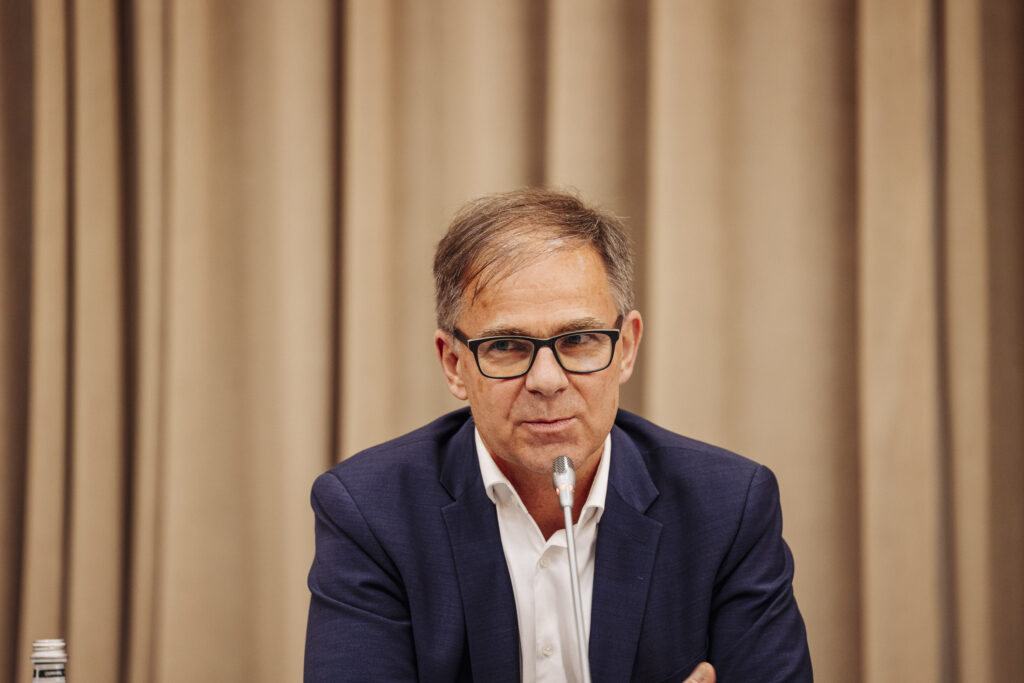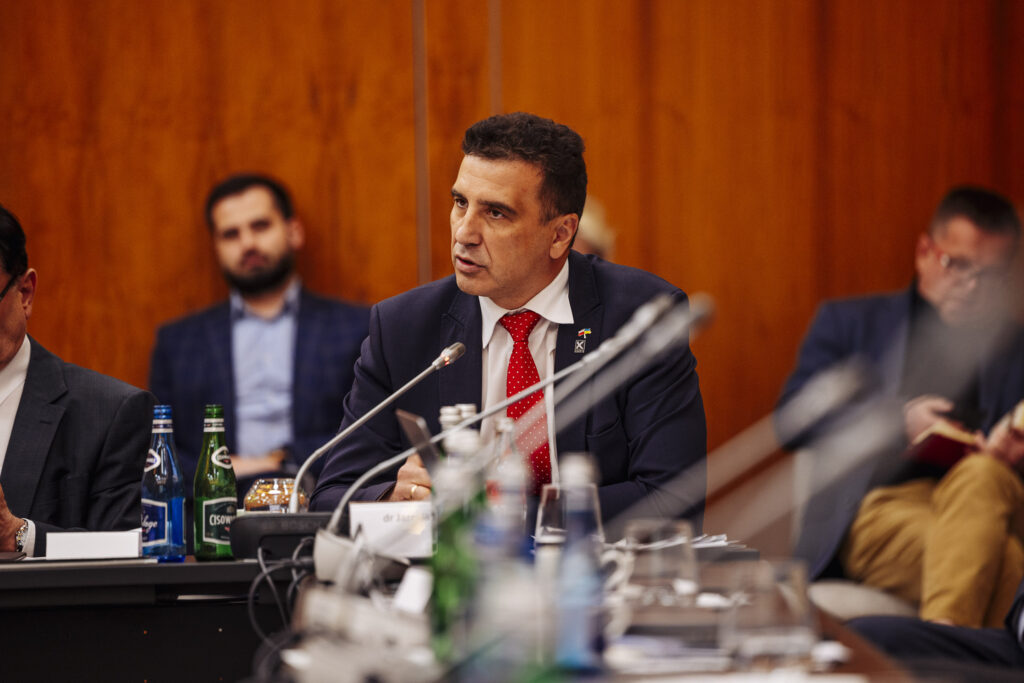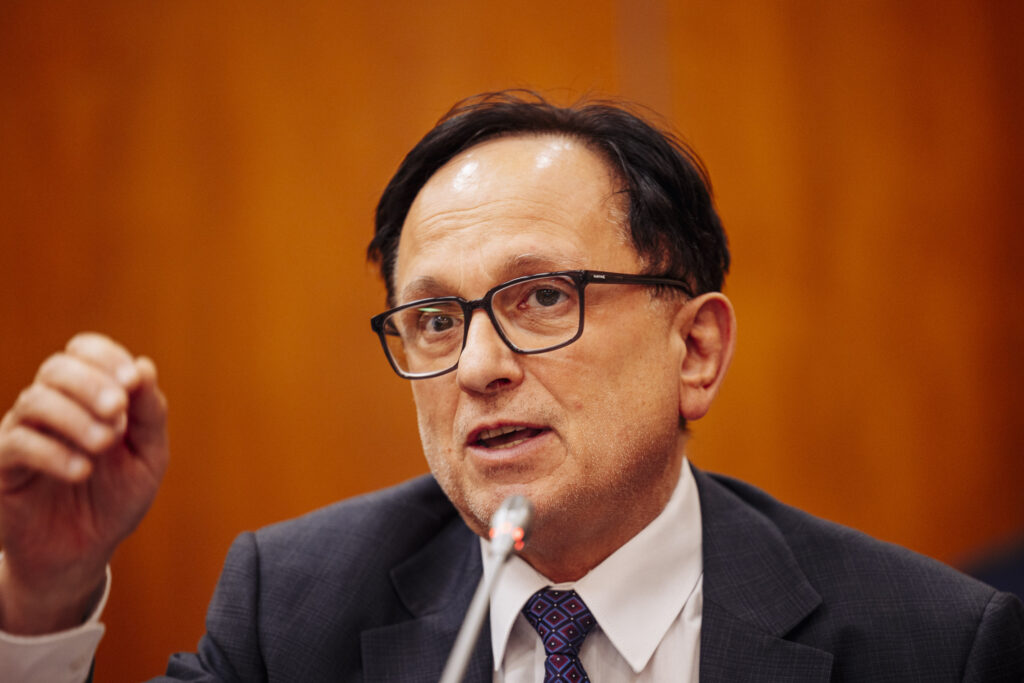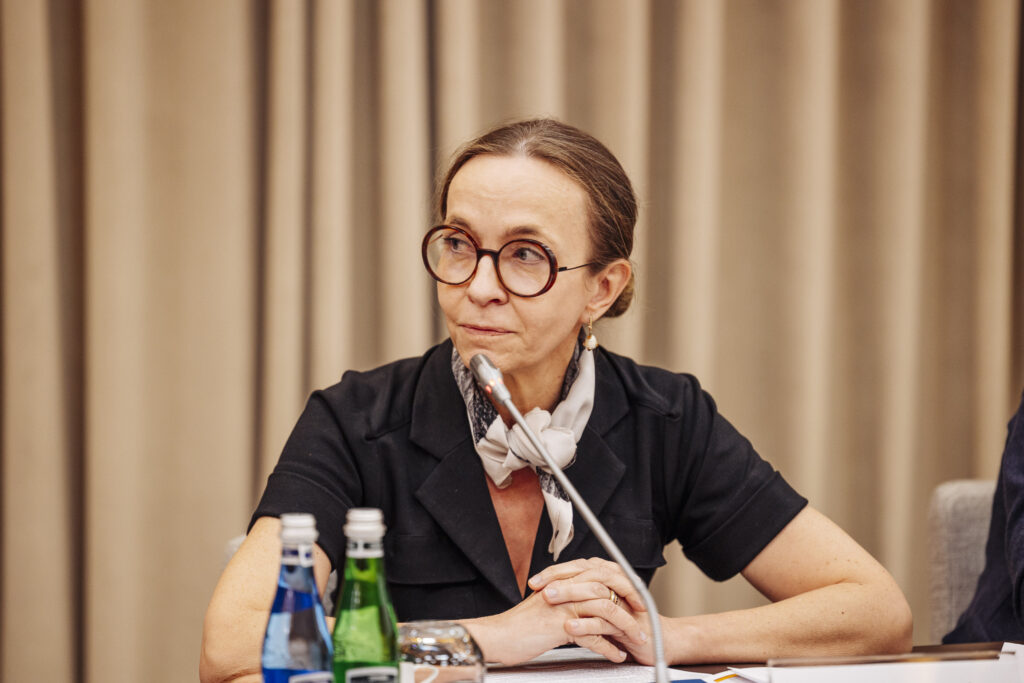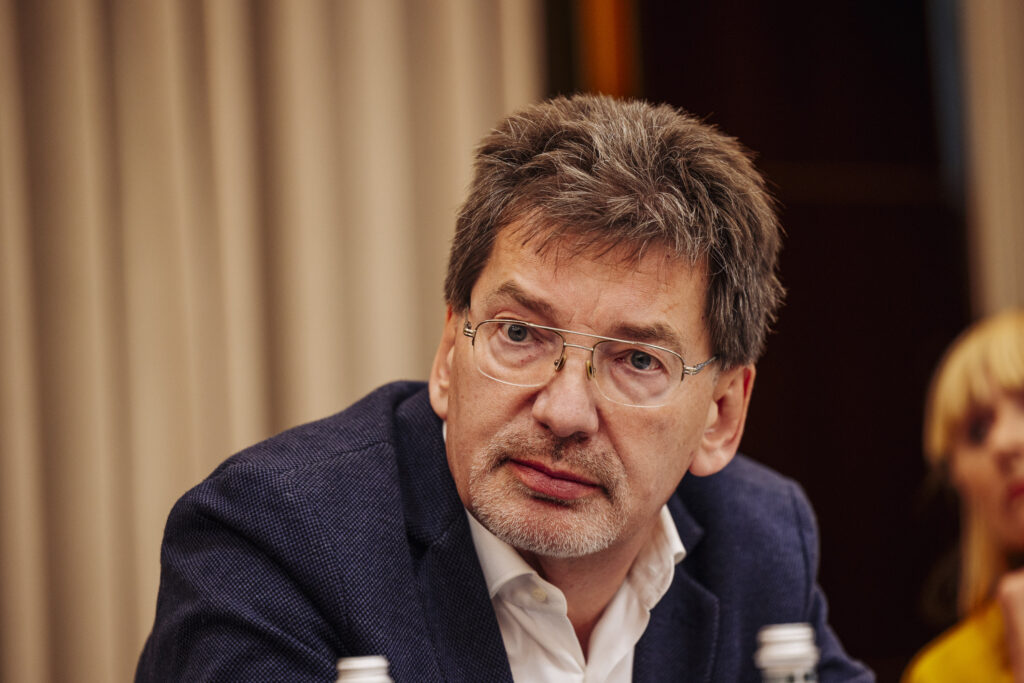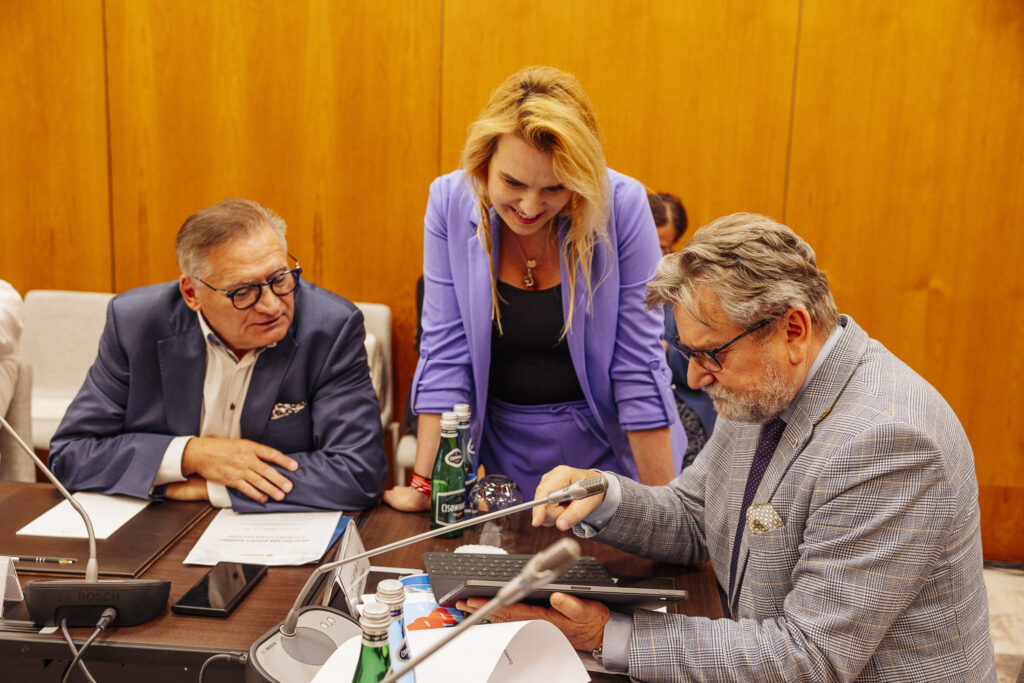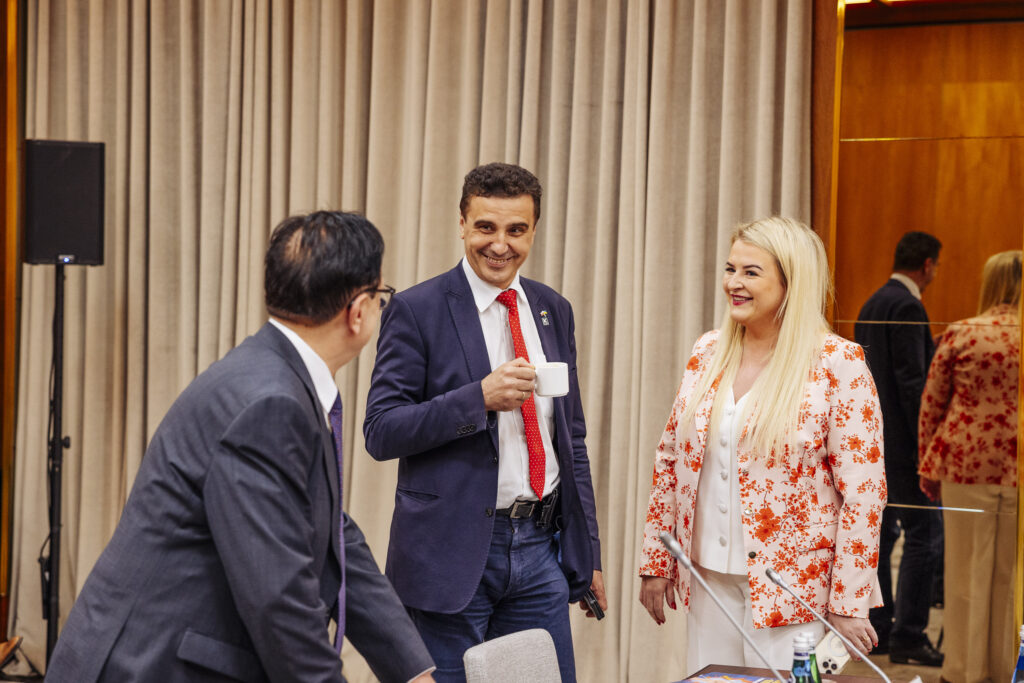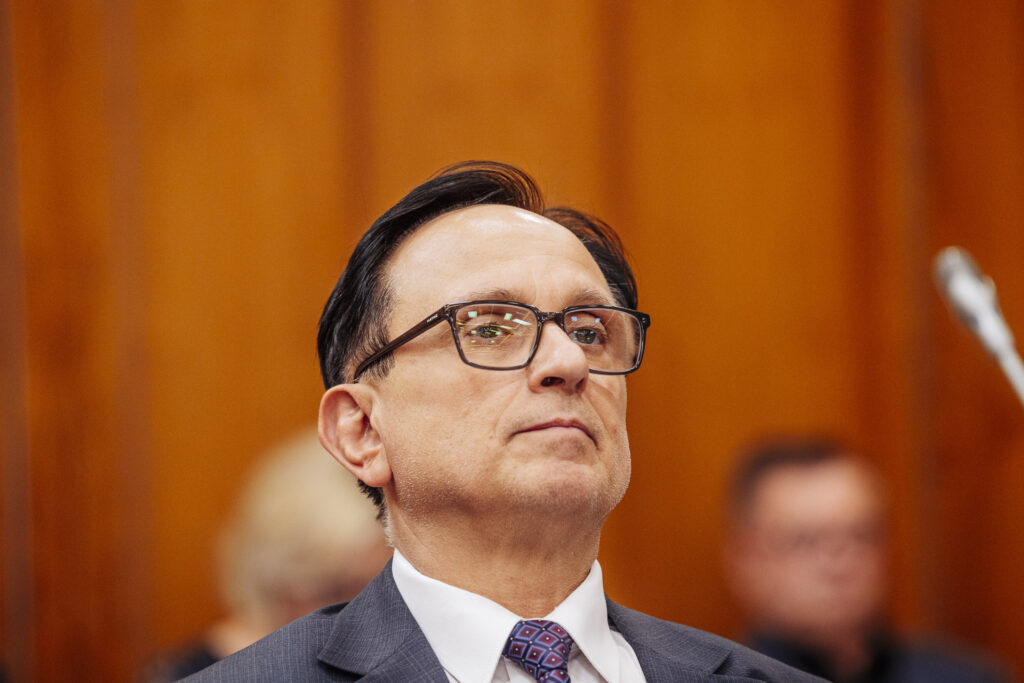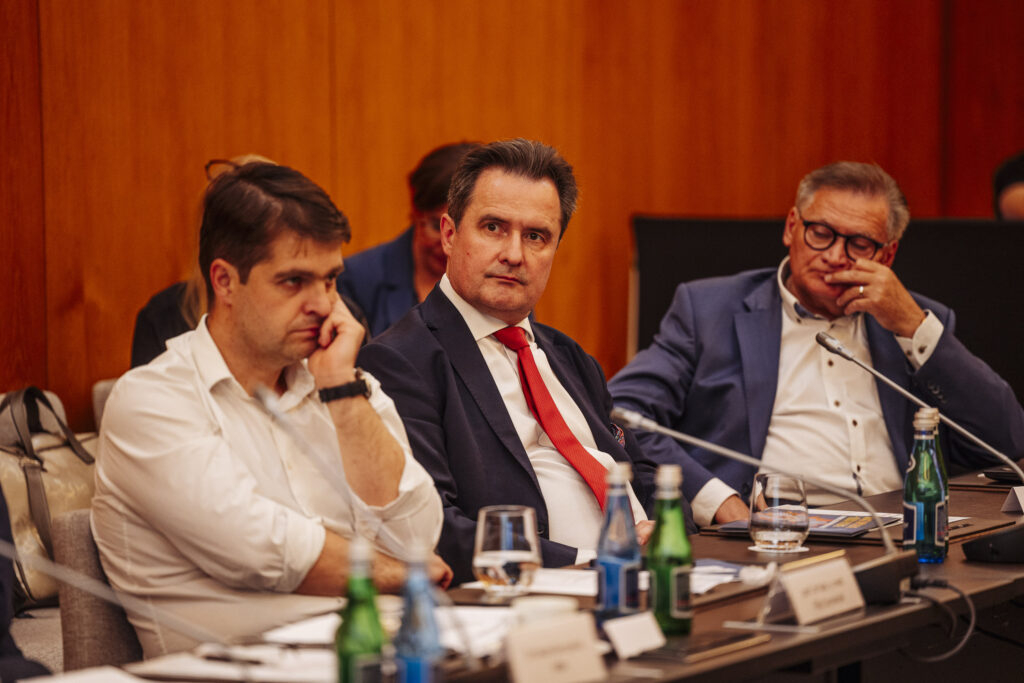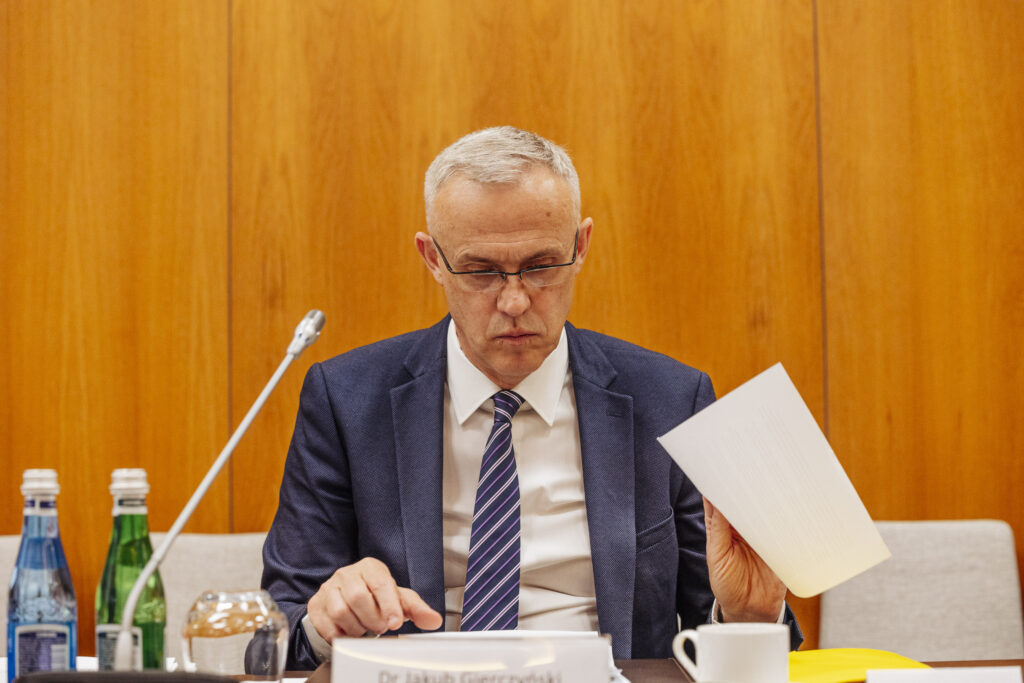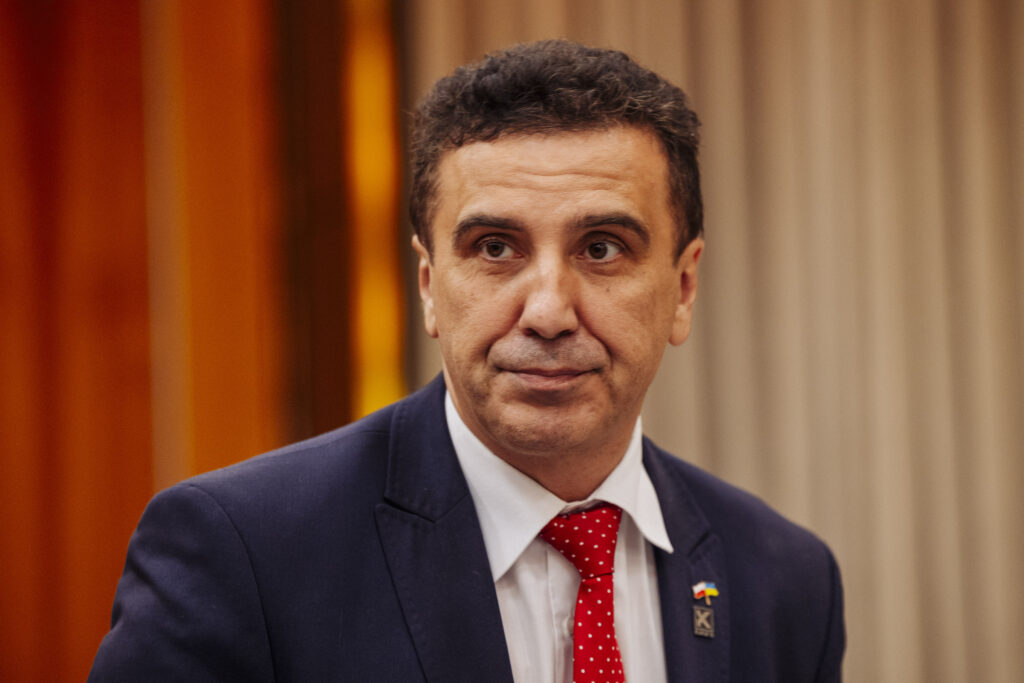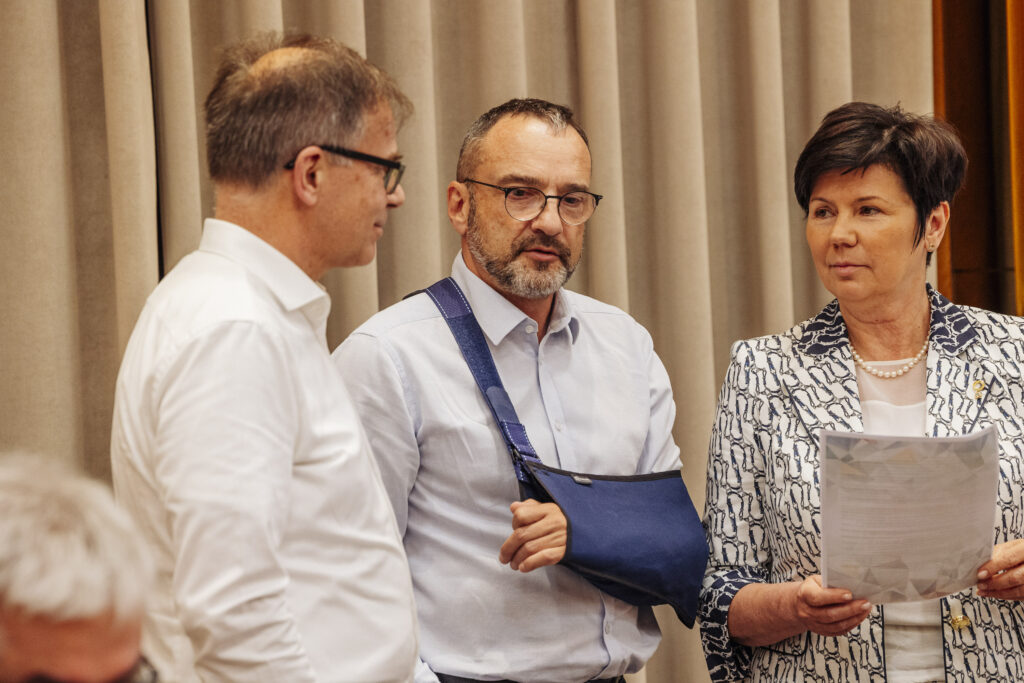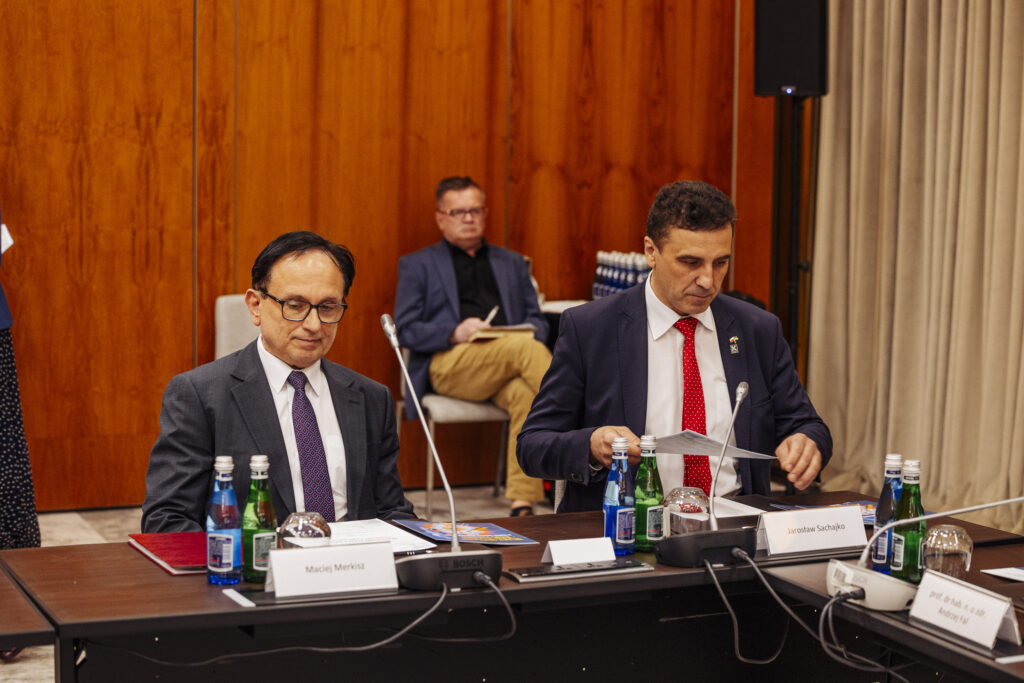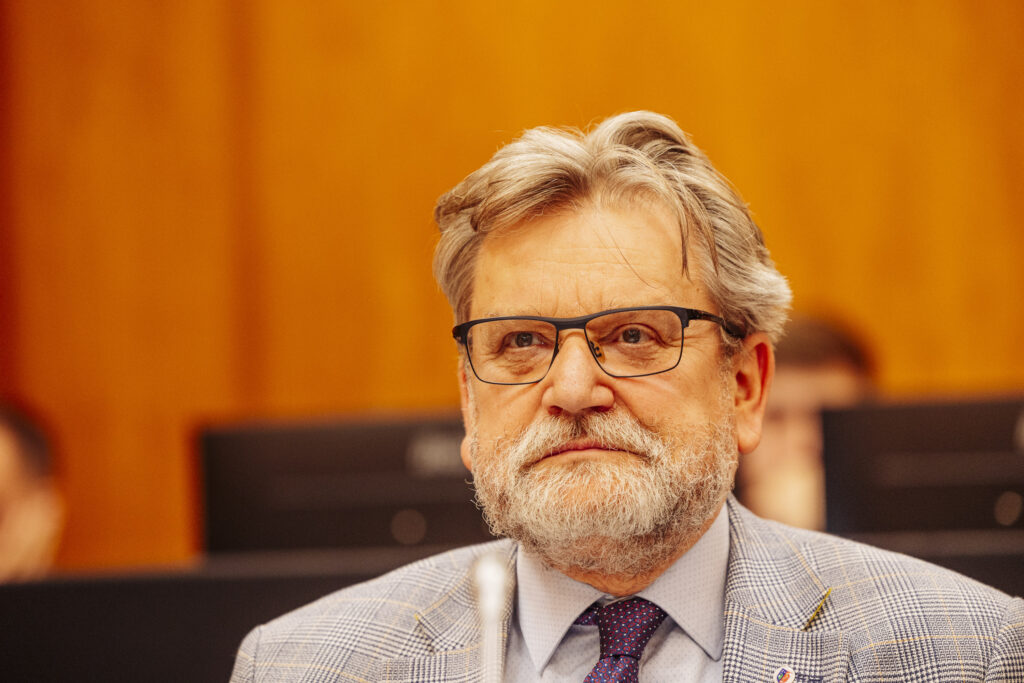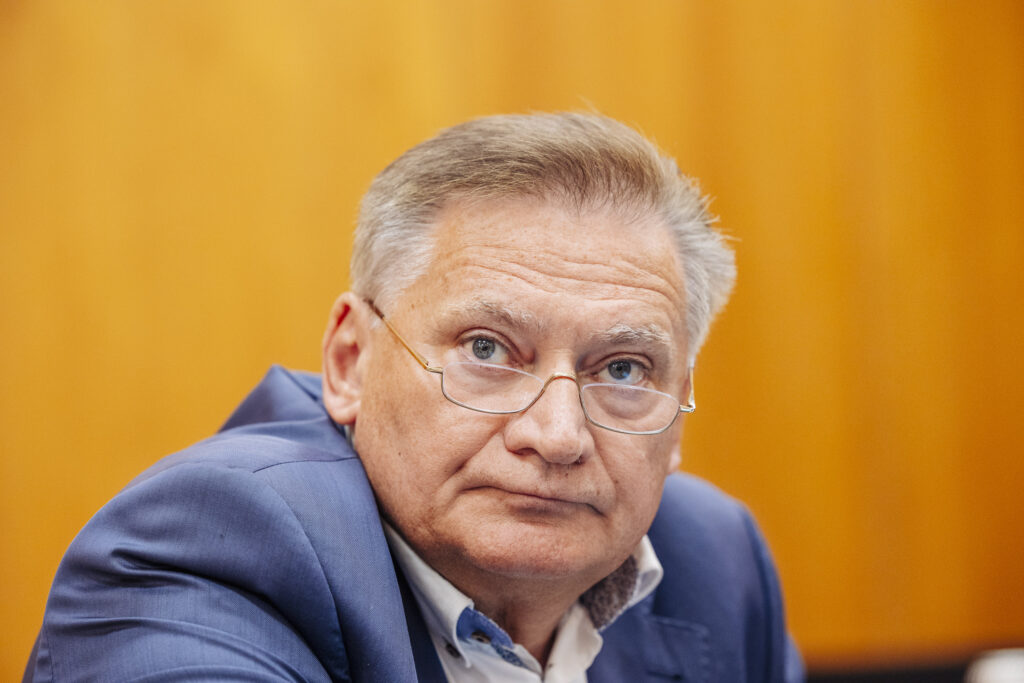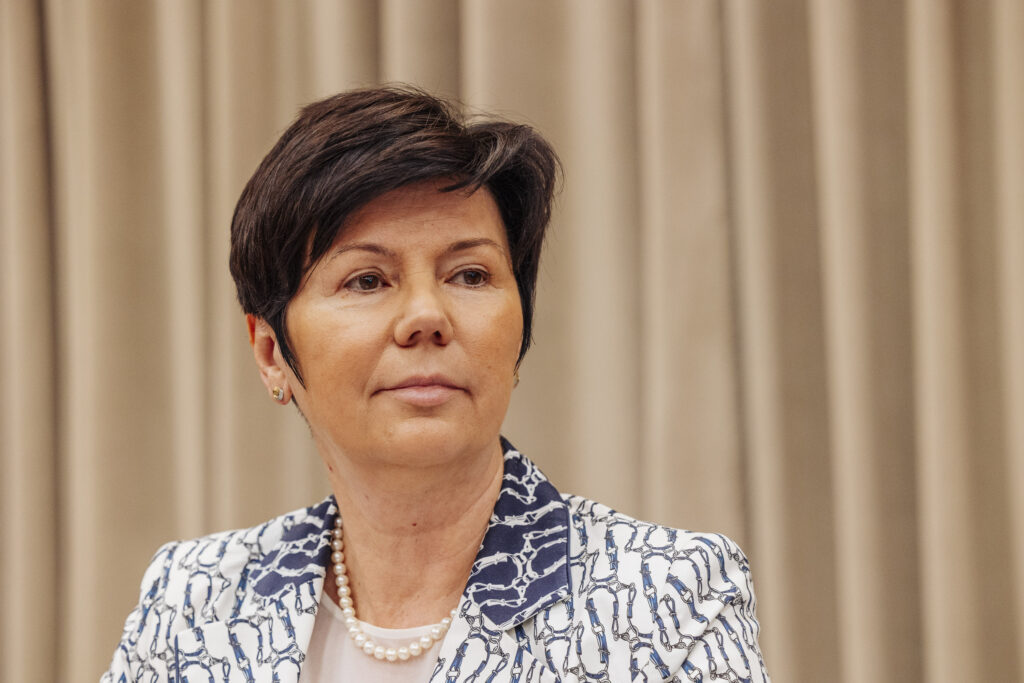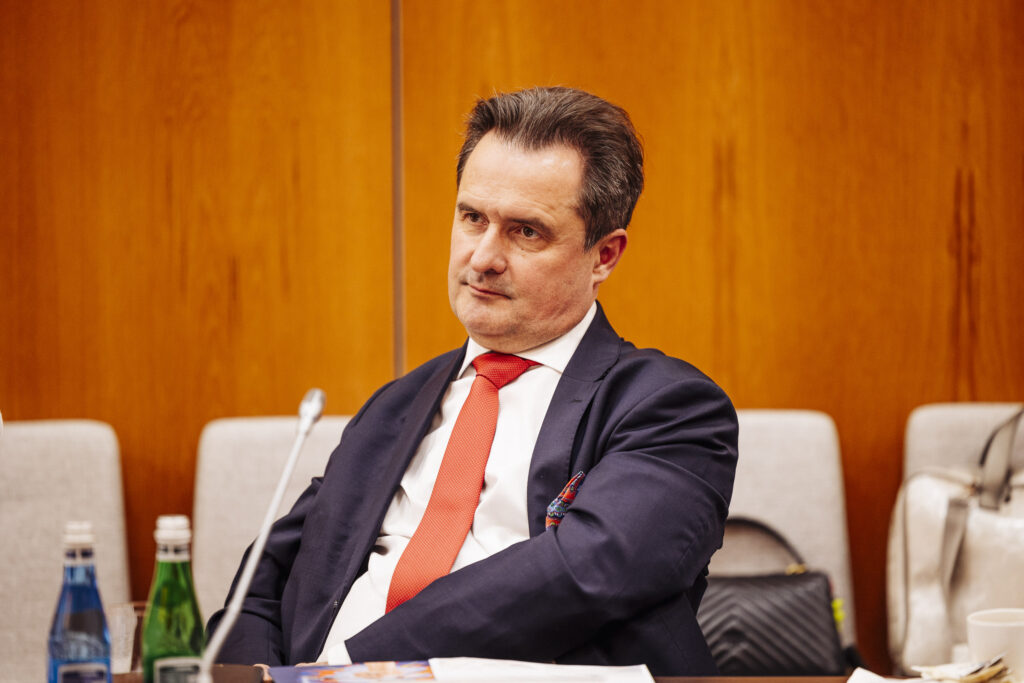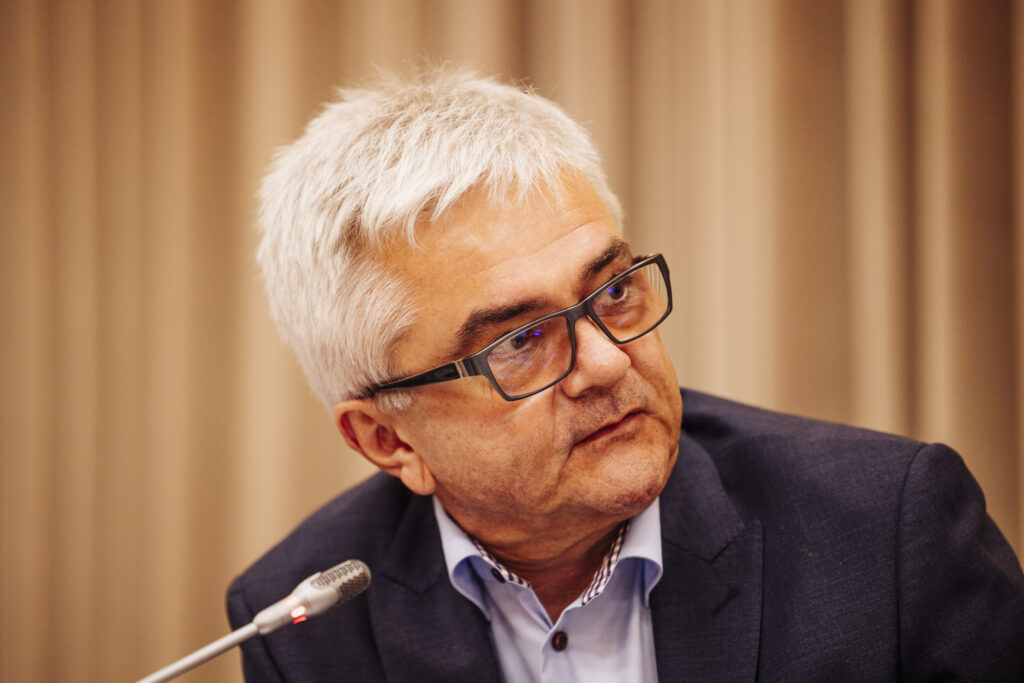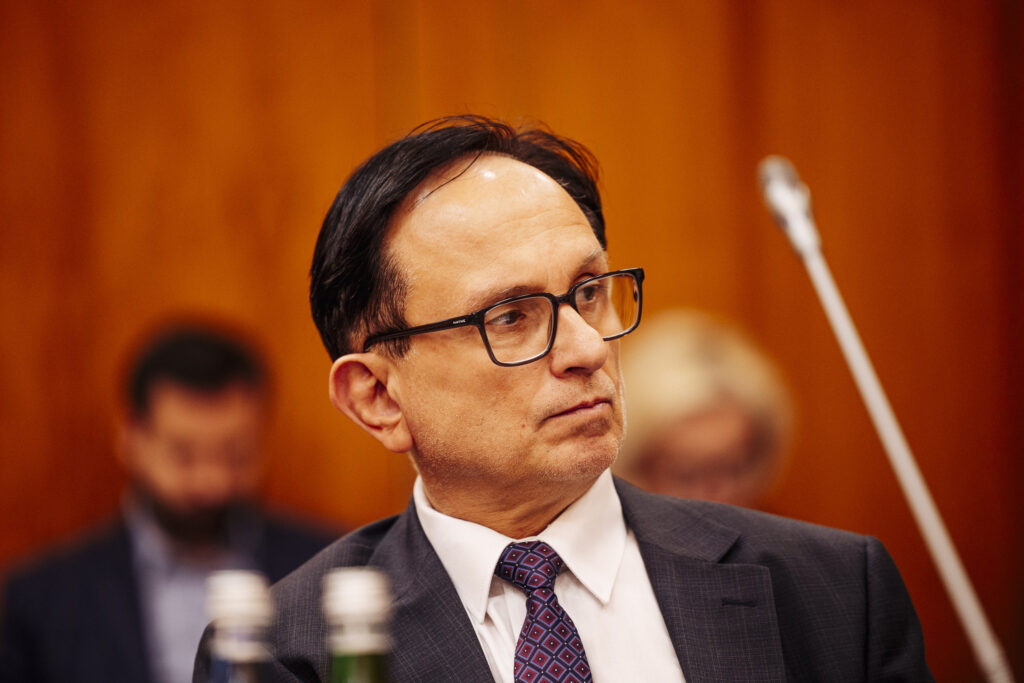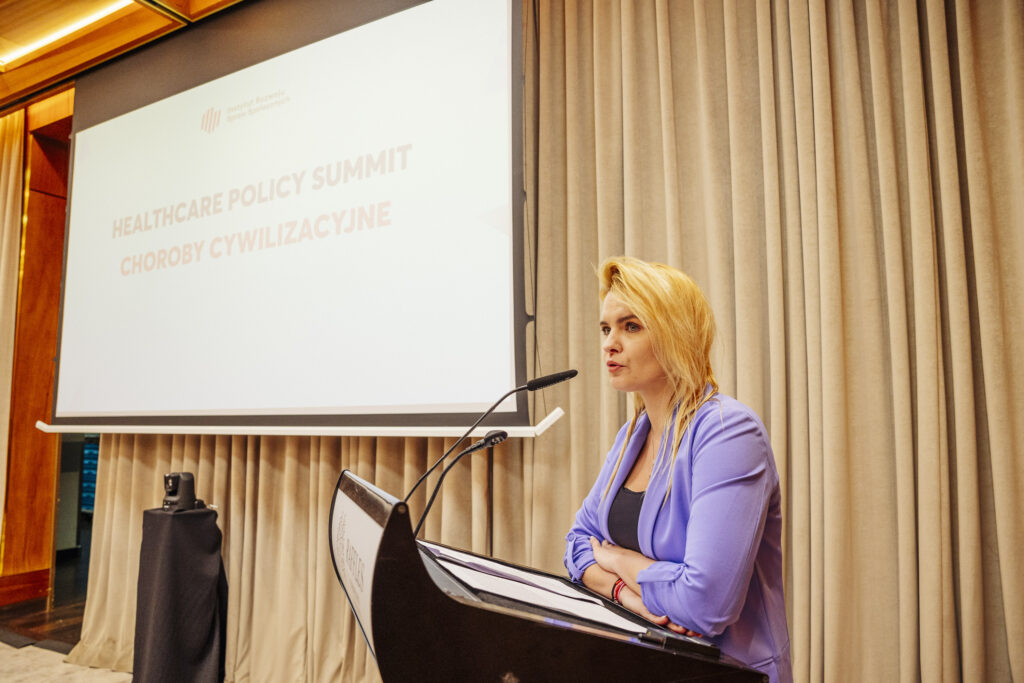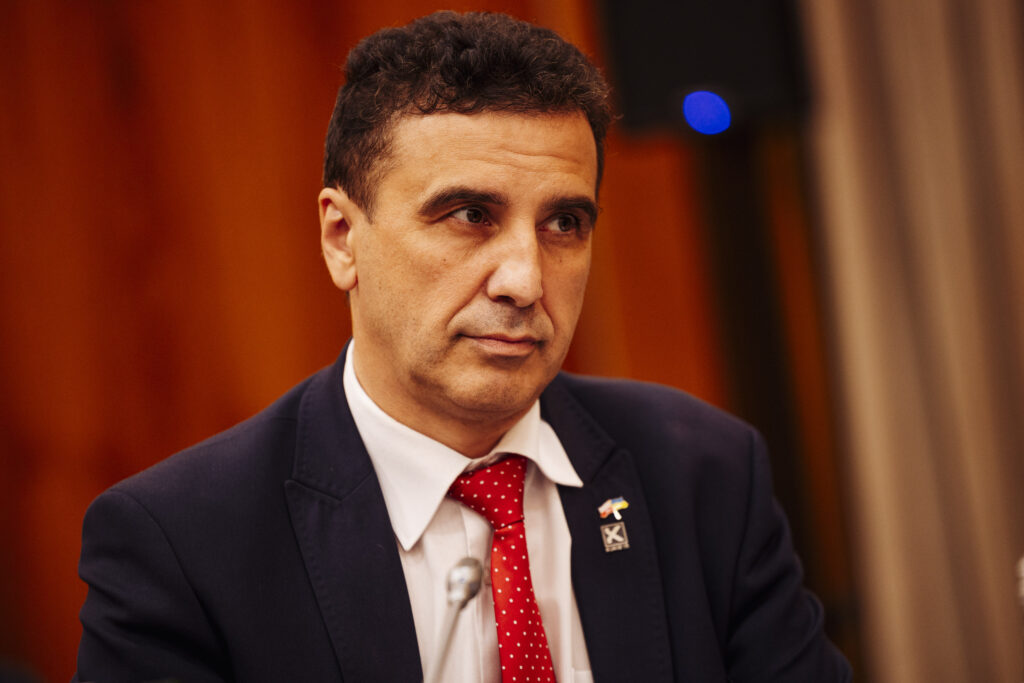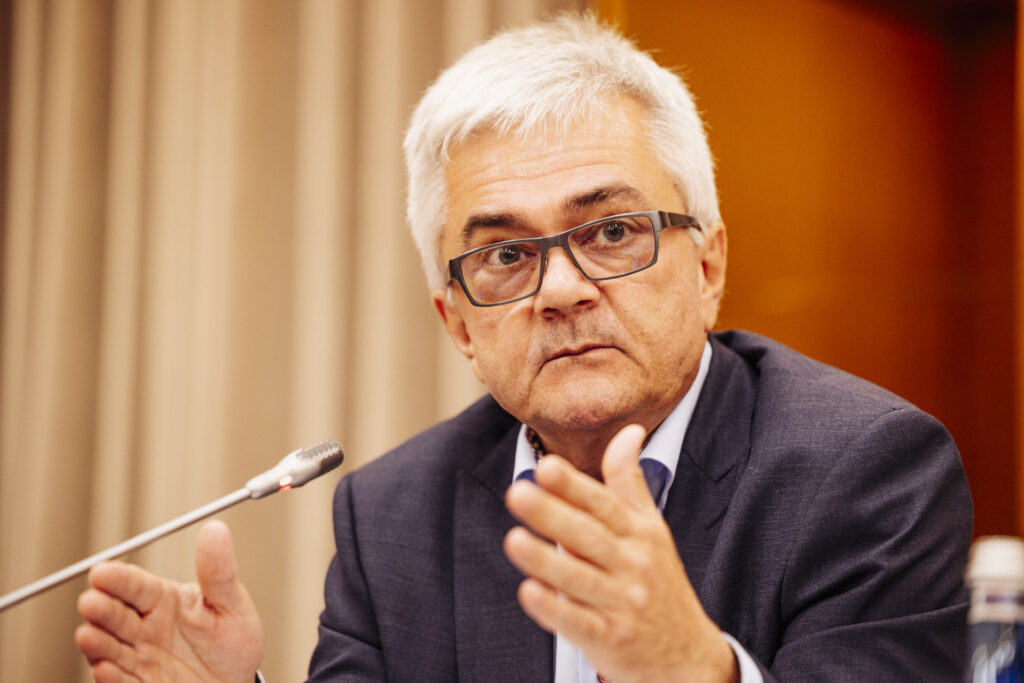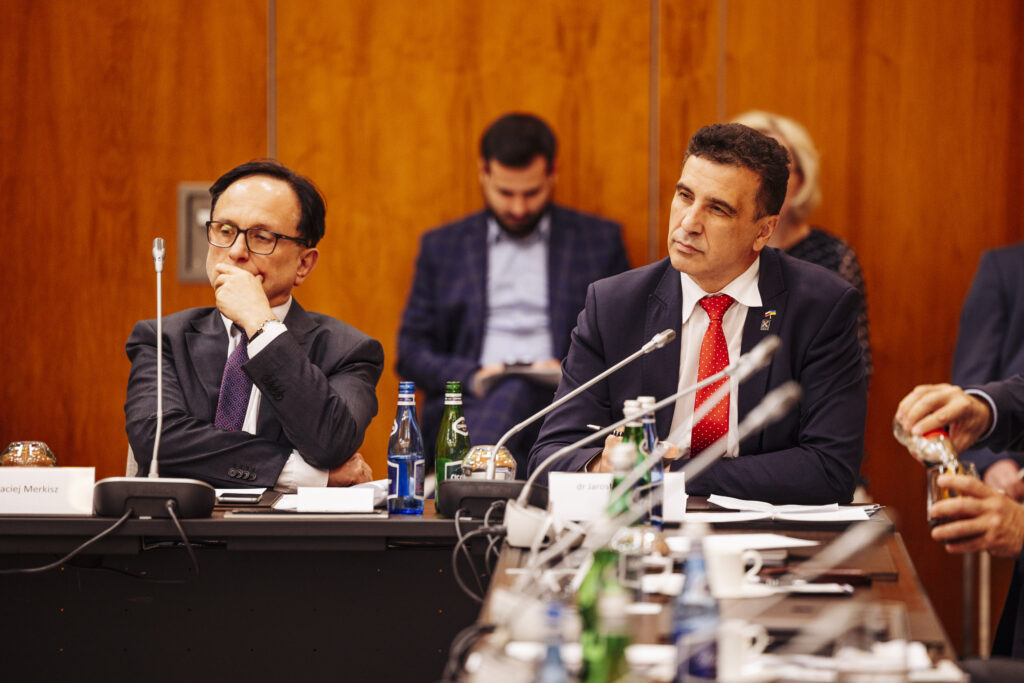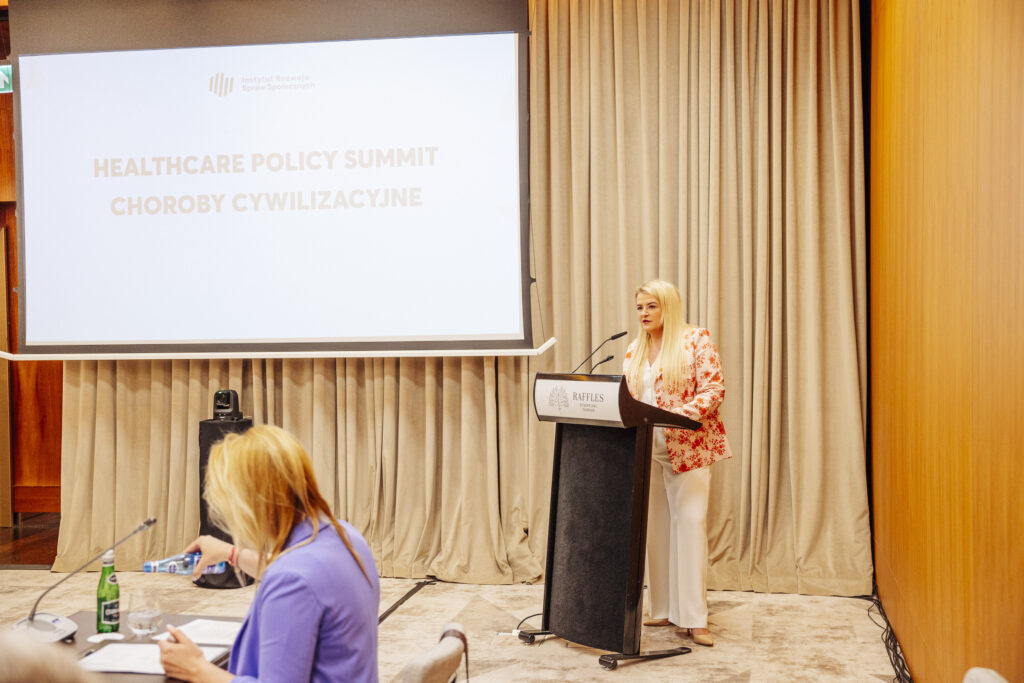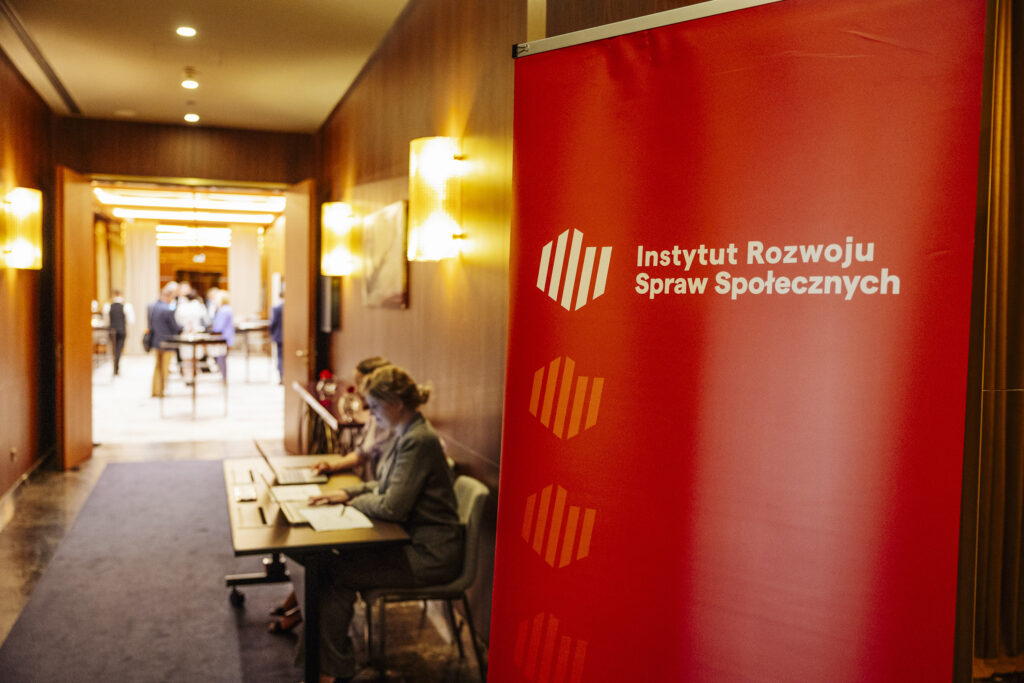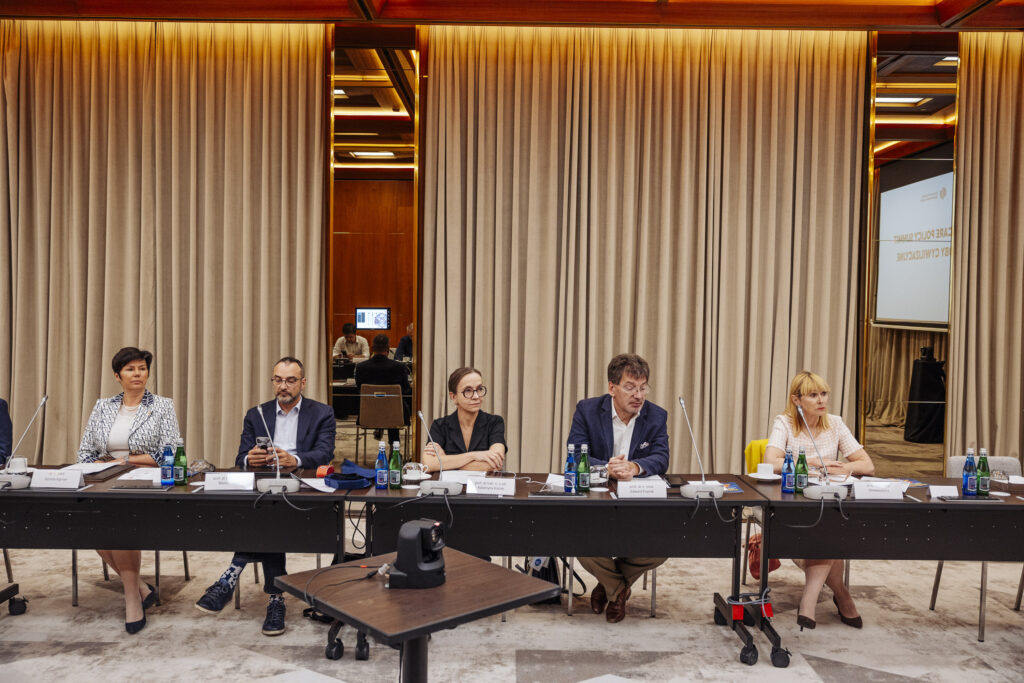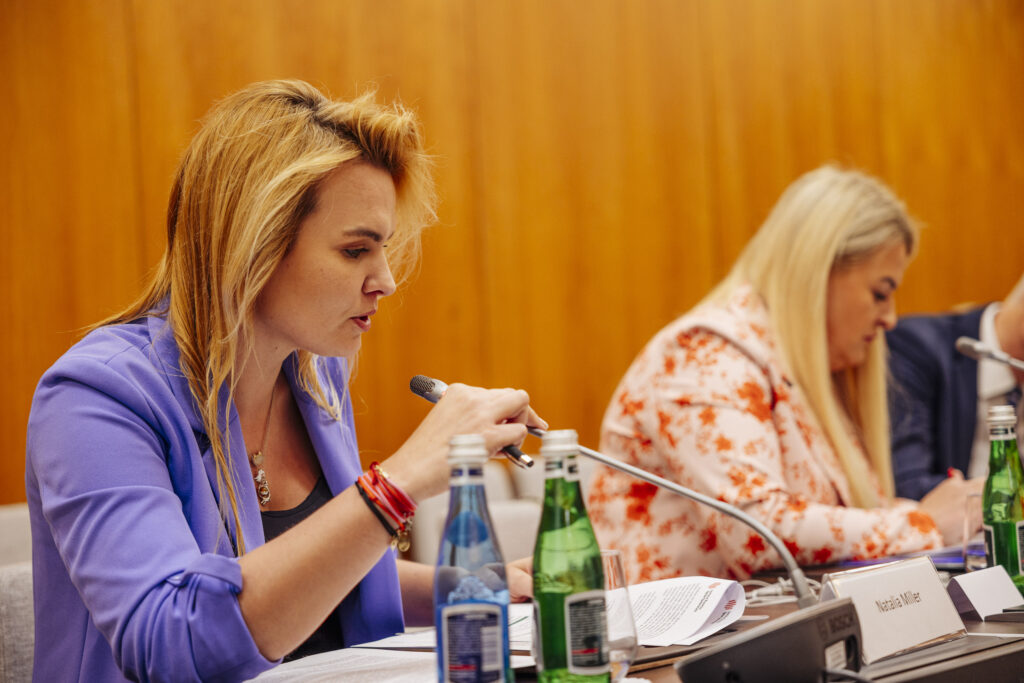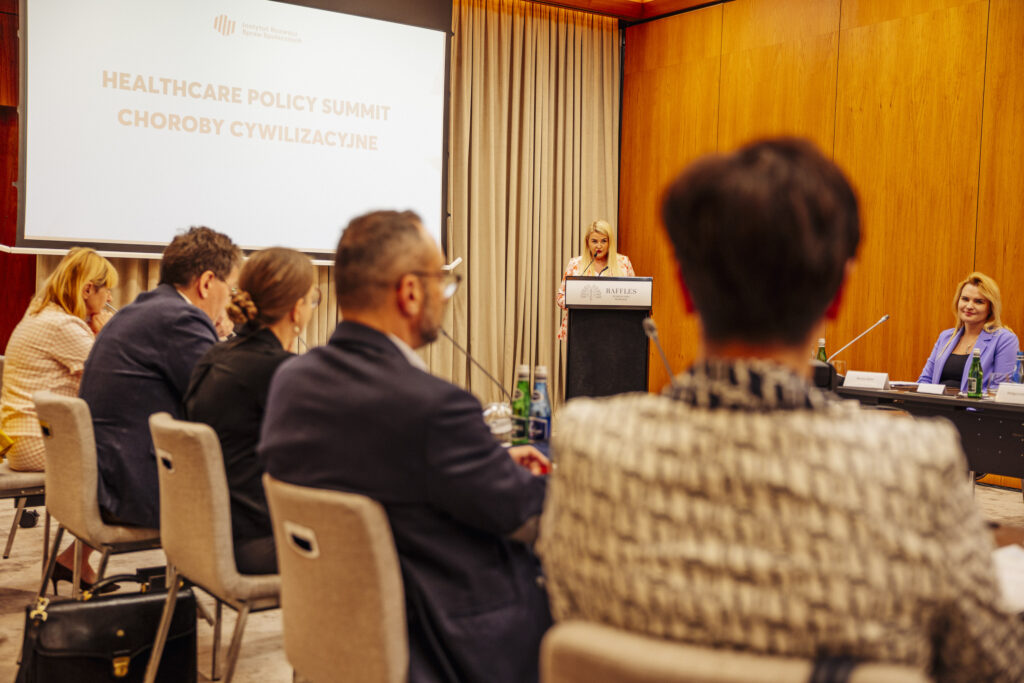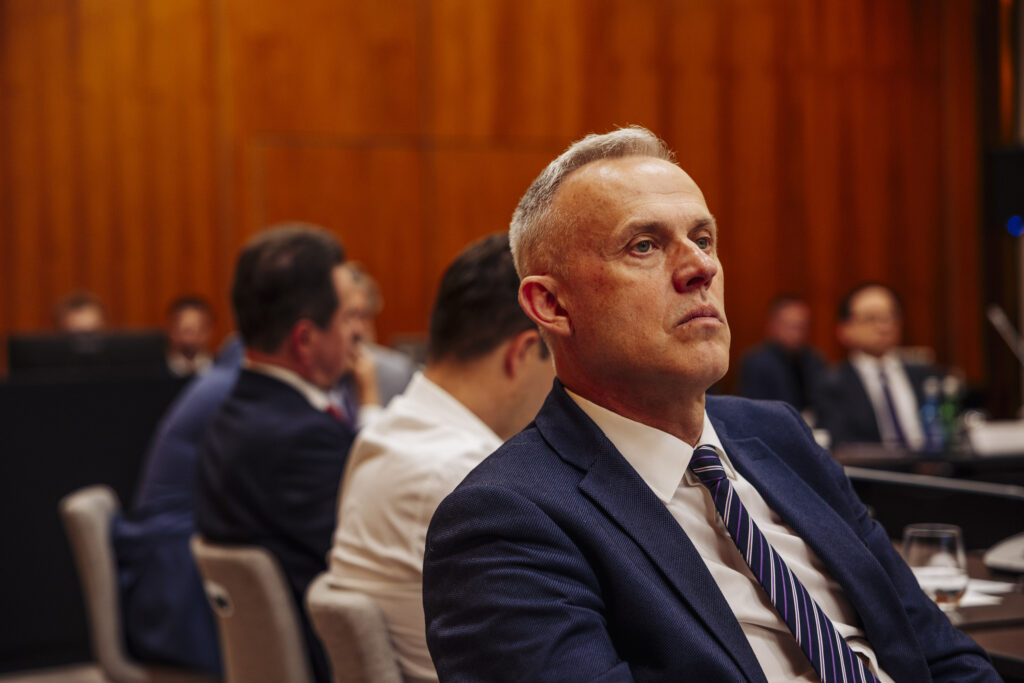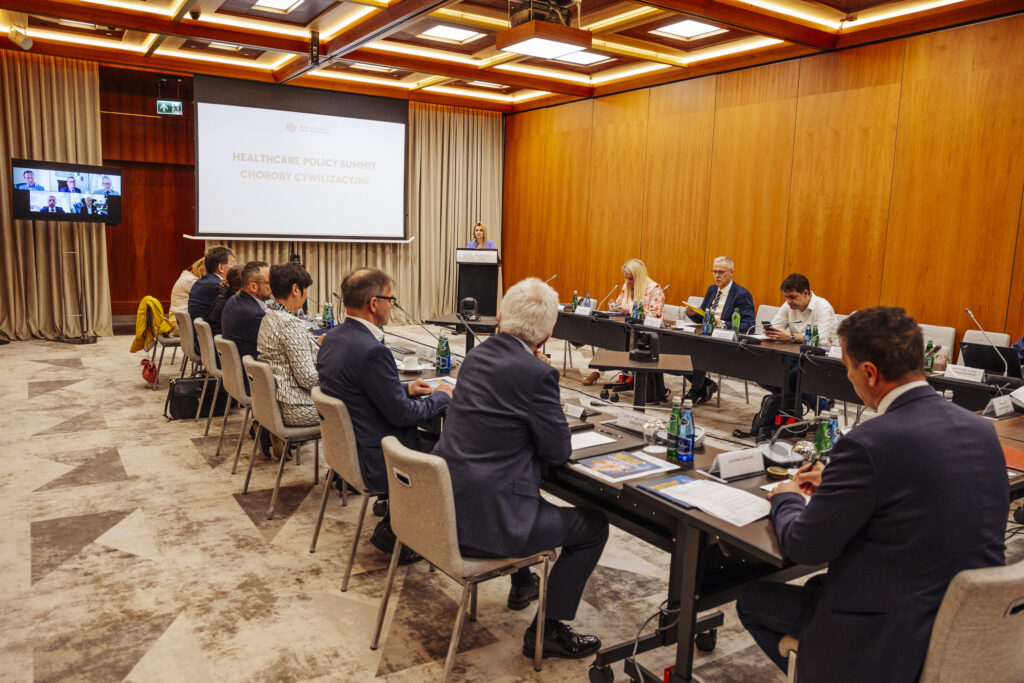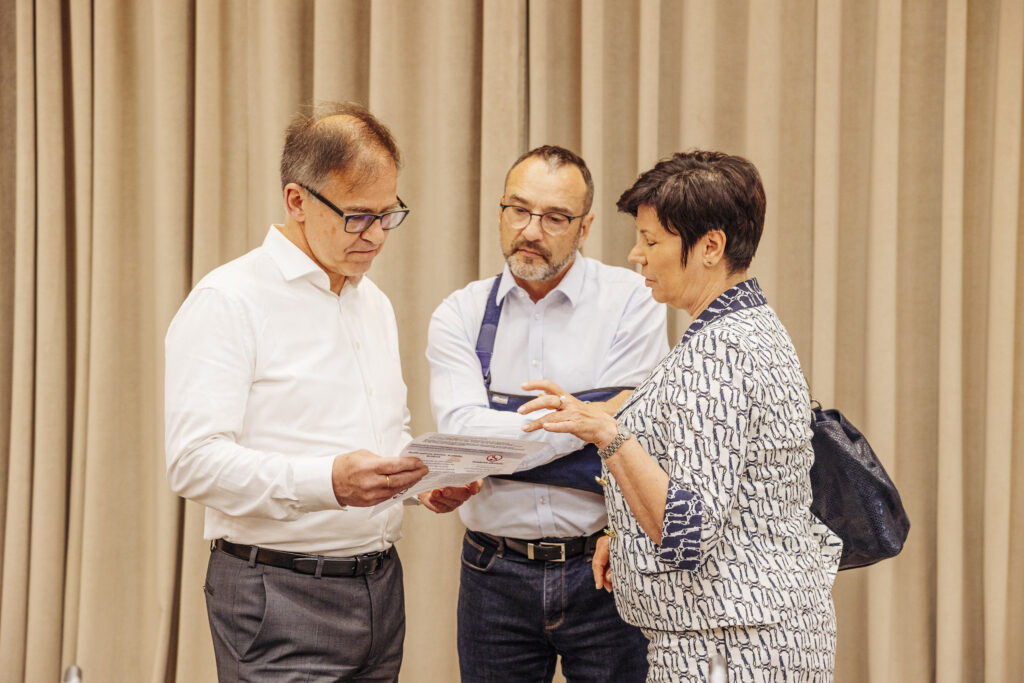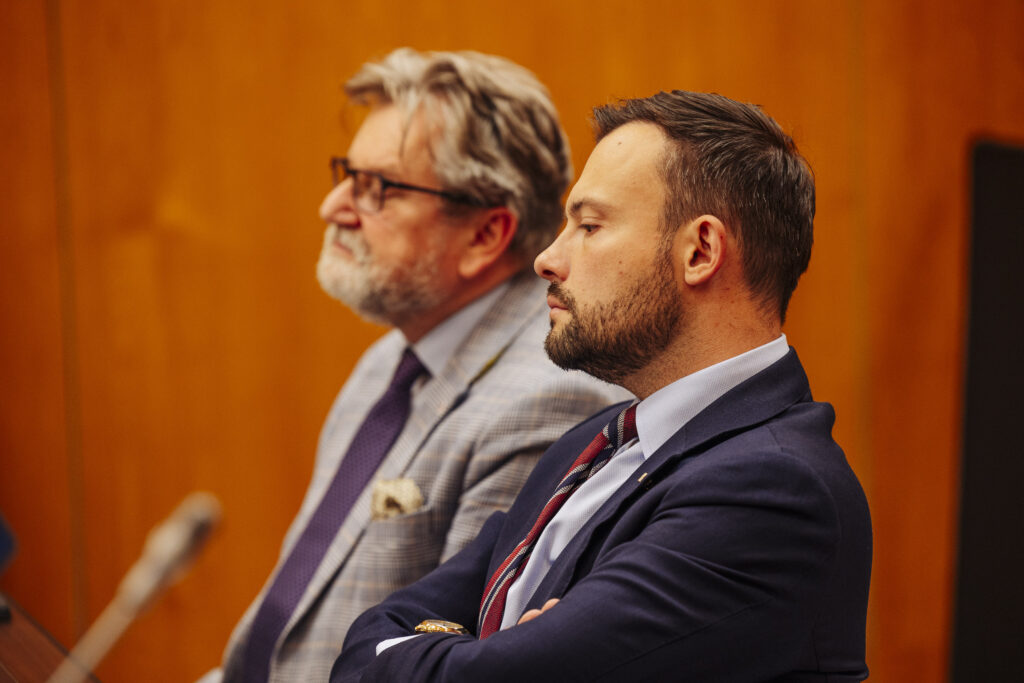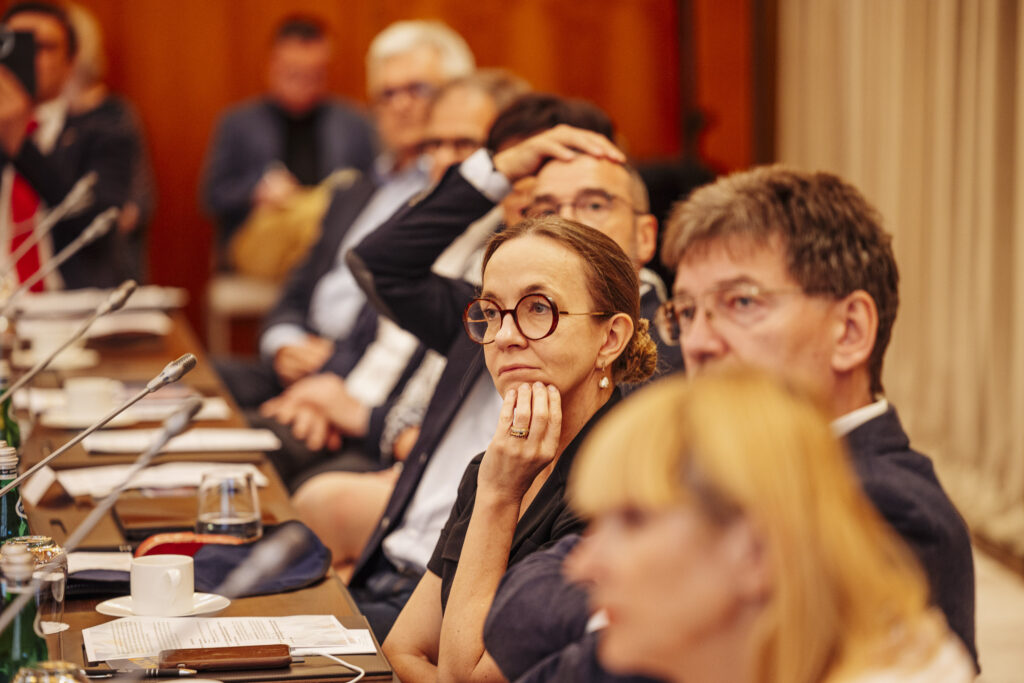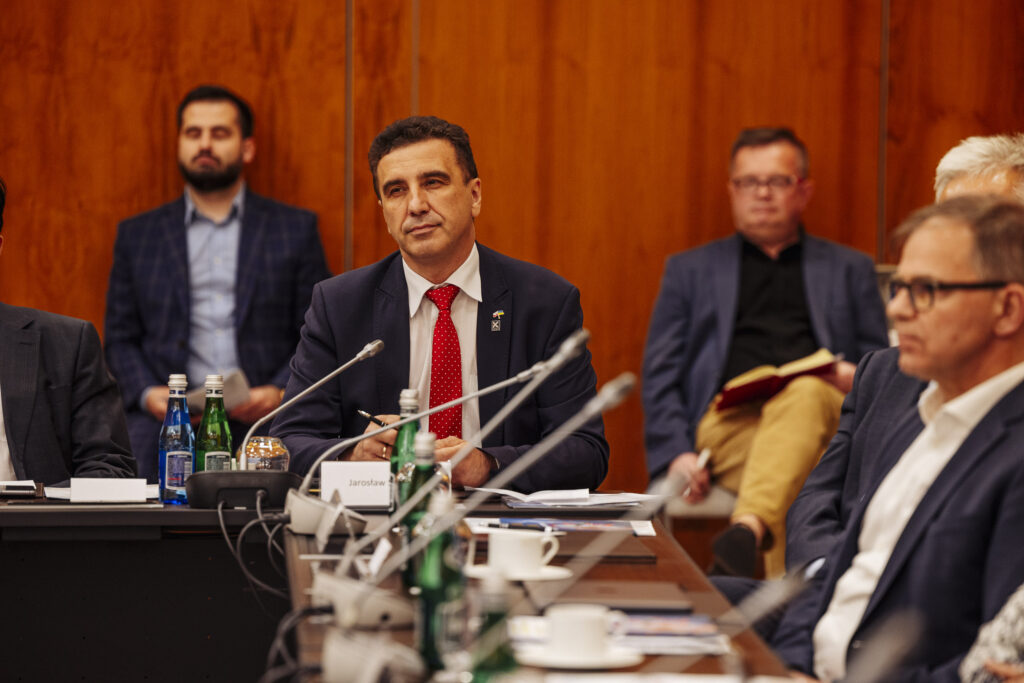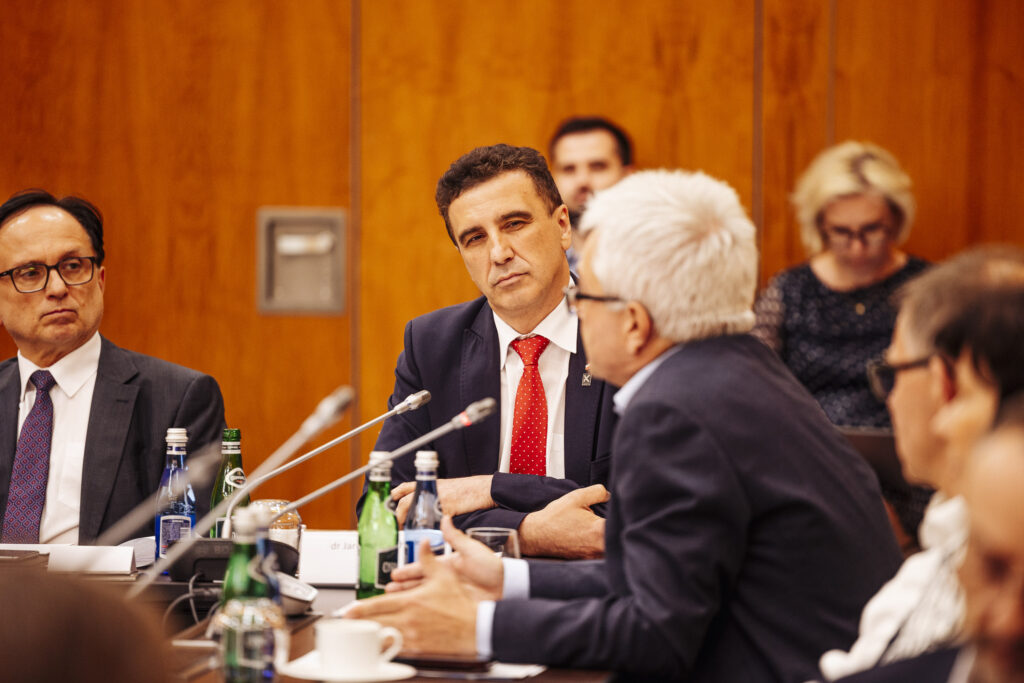News
backThe seventh event of the “HEALTHCARE POLICY SUMMIT” series is behind us! (Photo galery)
Distinguished medical experts, system professionals, representatives of public institutions, and parliamentarians discussed yesterday the holistic approach to public health and civilization diseases, which should be addressed based on evidence-based medicine.
Prevention also plays a significant role in the field of oncological diseases. Thanks to HPV vaccinations, we can prevent HPV-related cancers, including cervical cancer. The discussion on substances of abuse, including sugar, is crucial in order to educate society about health-promoting actions. Experts from various fields agreed on the principles of public health, but in order to achieve success at the population level, the discussion should not be limited to clinicians but should involve different ministries, such as finance, agriculture, and development.
An integrated system is a system based on prevention, harm reduction, reaching out to patients who should not be stigmatized but should feel cared for.
We would like to sincerely thank all participants of the meeting for accepting the invitation and engaging in fruitful discussions! We cordially invite you to take a look at the photo gallery from yesterday’s Healthcare Policy Summit – Civilization Diseases
Discussion was moderated by healthcare system expert Dr. Jakub Gierczynski. The list of participants can be found below:
dr hab. n.med. Radosław Sierpiński, President of the Medical Research Agency (ABM);
dr n. med. Rafał Staszewski, Deputy President for Research Funding at the Medical Research Agency;
Jakub Gołąb, Deputy Director of the Collaboration Department at the Office of the Patient Ombudsman
dr n. med. Tomasz Latos, Chairman of the Parliamentary Health Committee;
Jarosław Sachajko, Member of the Polish Parliament
Maciej Merkisz, Deputy Chief Sanitary Inspector
Jindřich Vobořil, MA, PG. Dip., CEO of the Podané ruce o.p.s., Executive Vice-Chairman of the Government Council for Drug Policy Coordination (GCDCP) and Director of the Drug Policy Department of the Office of the Government of the Czech Republic, National Drug Coordinator in 2010-2018;
Anders Milton, Chairman of the Board, Immune System Regulation AB;
prof. dr hab. n. med. Jarosław Pinkas, National Consultant in Public Health, Director of the School of Public Health at the Medical Center for Postgraduate Education – Dean, Chief Sanitary Inspector in 2018-2020;
prof. dr hab. n. med. Filip Szymański, Dean of the Faculty of Medicine, Collegium Medicum, Cardinal Stefan Wyszynski University, President of the Polish Society of Civilization Diseases;
prof. dr hab. n. med. Marcin Czech, President of the Polish Pharmacoeconomics Society, Head of the Department of Pharmacoeconomics and the Hospital Infection Control Team at the Institute of Mother and Child in Warsaw, Undersecretary of State in the Ministry of Health in 2017-2019;
prof. dr hab. n. med. Przemysław Mitkowski, President of the Polish Society of Cardiology;
prof. dr hab. n. med. Andrzej Fal, Head of the Department of Allergology, Lung Diseases and Internal Medicine at the Polish Center for Internal Medicine in Warsaw, President of the Polish Public Health Association;
prof. dr n. med. Edward Franek, Head of the Department of Internal Medicine, Endocrinology and Diabetology of the PIM MSWiA in Warsaw;
prof. dr hab. n. med. Marcin Wojnar, Head of the Department of Psychiatry at the Medical University of Warsaw;
prof. Bolesław Samoliński, Head of the Department of Environmental Risk Prevention, Allergology and Immunology, Warsaw Medical University;
prof. dr hab. n. o zdr. Katarzyna Koziak, Head of the Department of Biochemistry and Nutrition, Warsaw Medical University;
prof. dr hab. n. med. Marcin Moniuszko, Vice Chancellor for Science and Development, Medical University of Bialystok;
dr hab. Jarosław Drobnik, prof. PMWSZ, Vice President of the Polish Society of Family Medicine;
prof. dr hab. n. med. Jerzy Samochowiec, Vice President of the Polish Psychiatric Association;
dr n. med. Dorota Kiprian, Chief Radiotherapy Specialist, Head of the Department of Radiotherapy I, National Institute of Oncology – National Research Institute;
dr n. med. Ewa Chmielowska, Head of the Chemotherapy Sub-Department and Day Chemotherapy Unit at the NU-MED Specialist Oncology Hospital Ltd. in Tomaszów Mazowiecki;
photos Lukasz Kaminski
